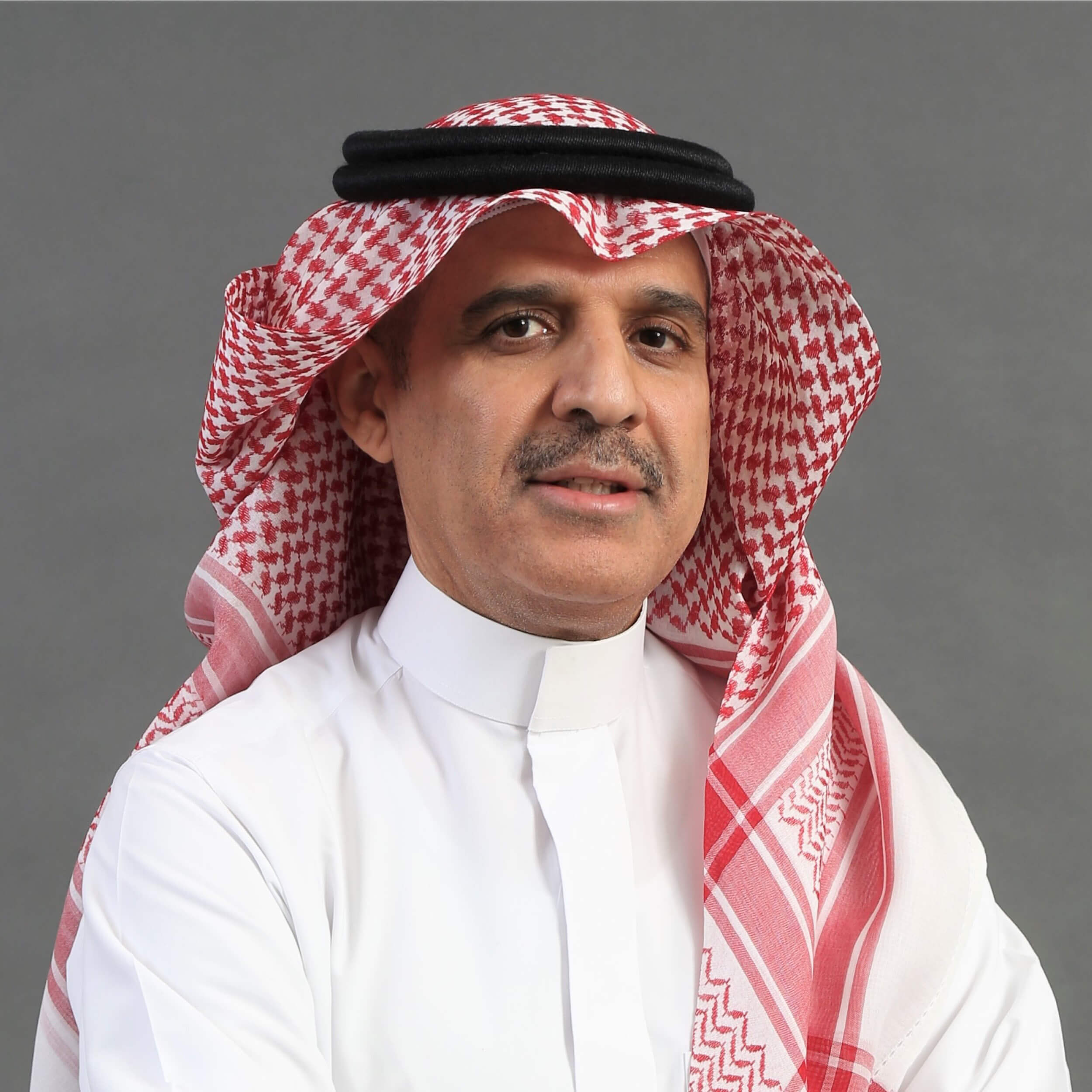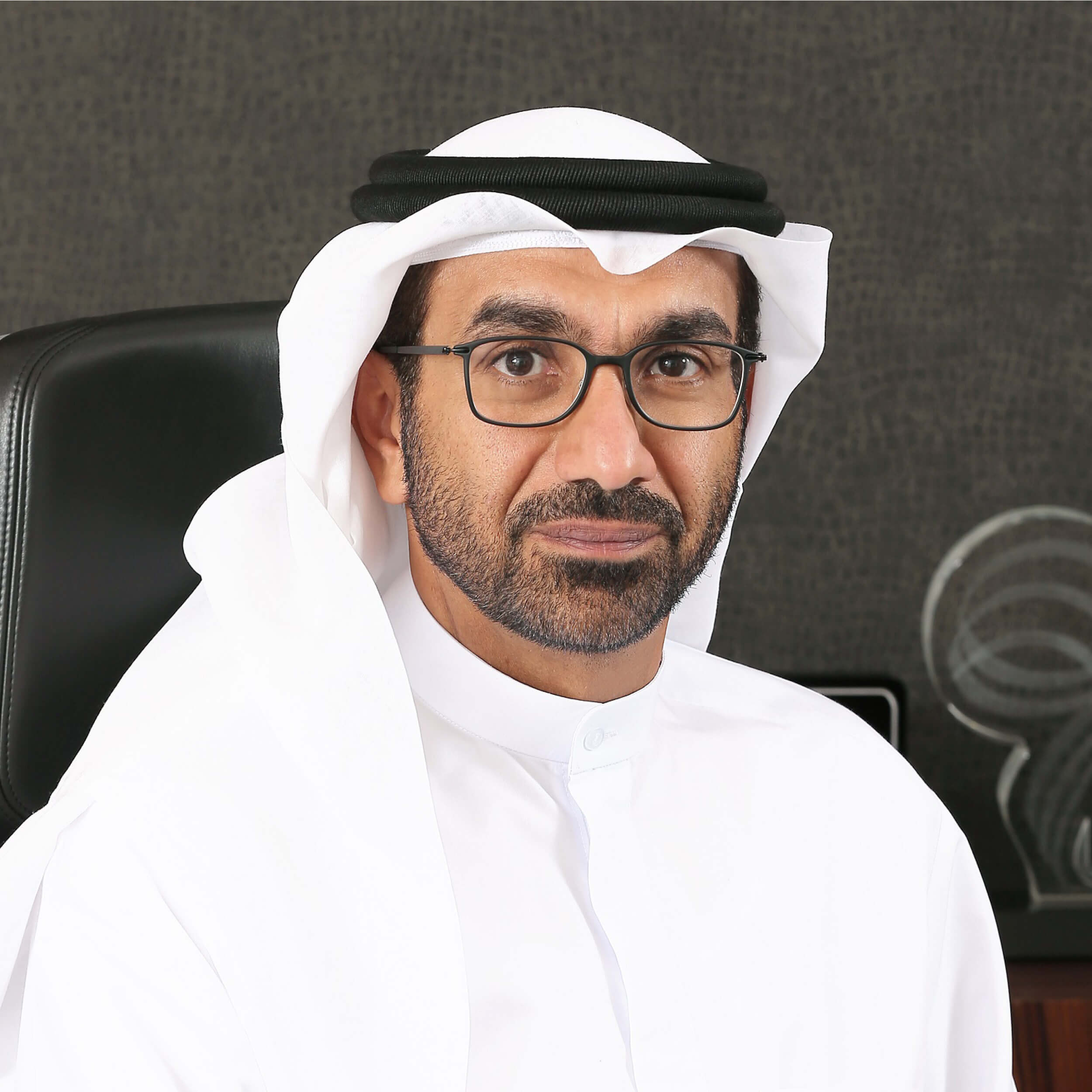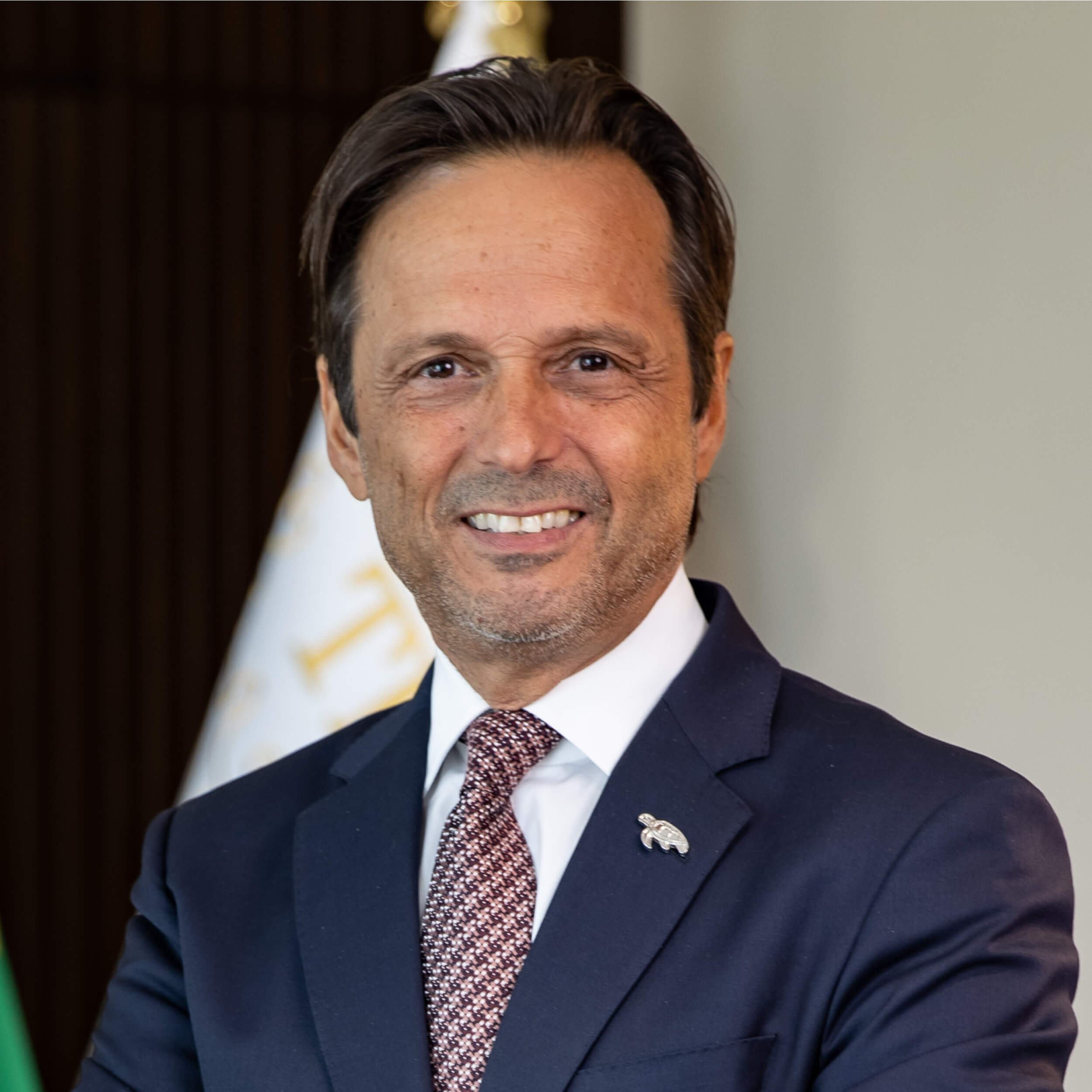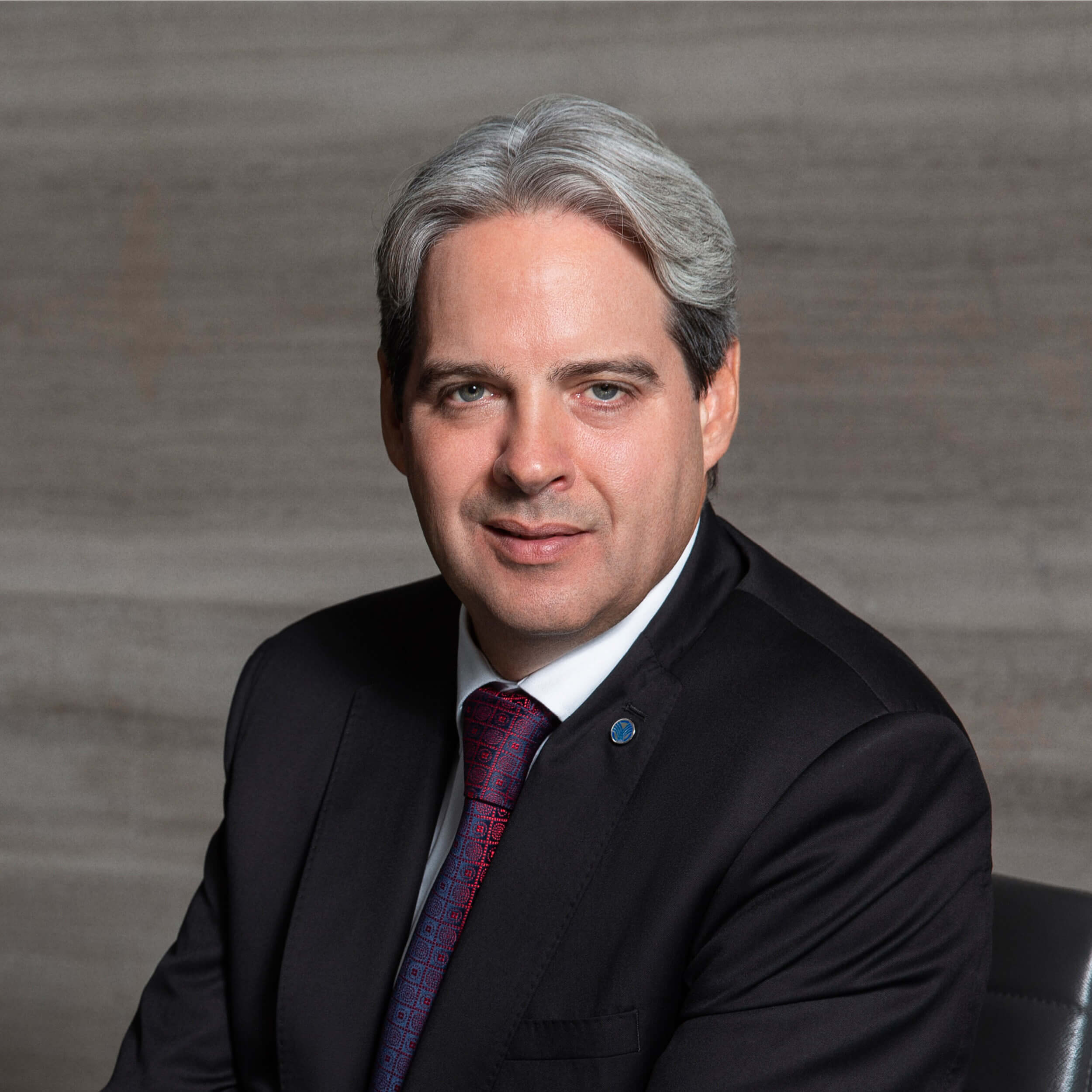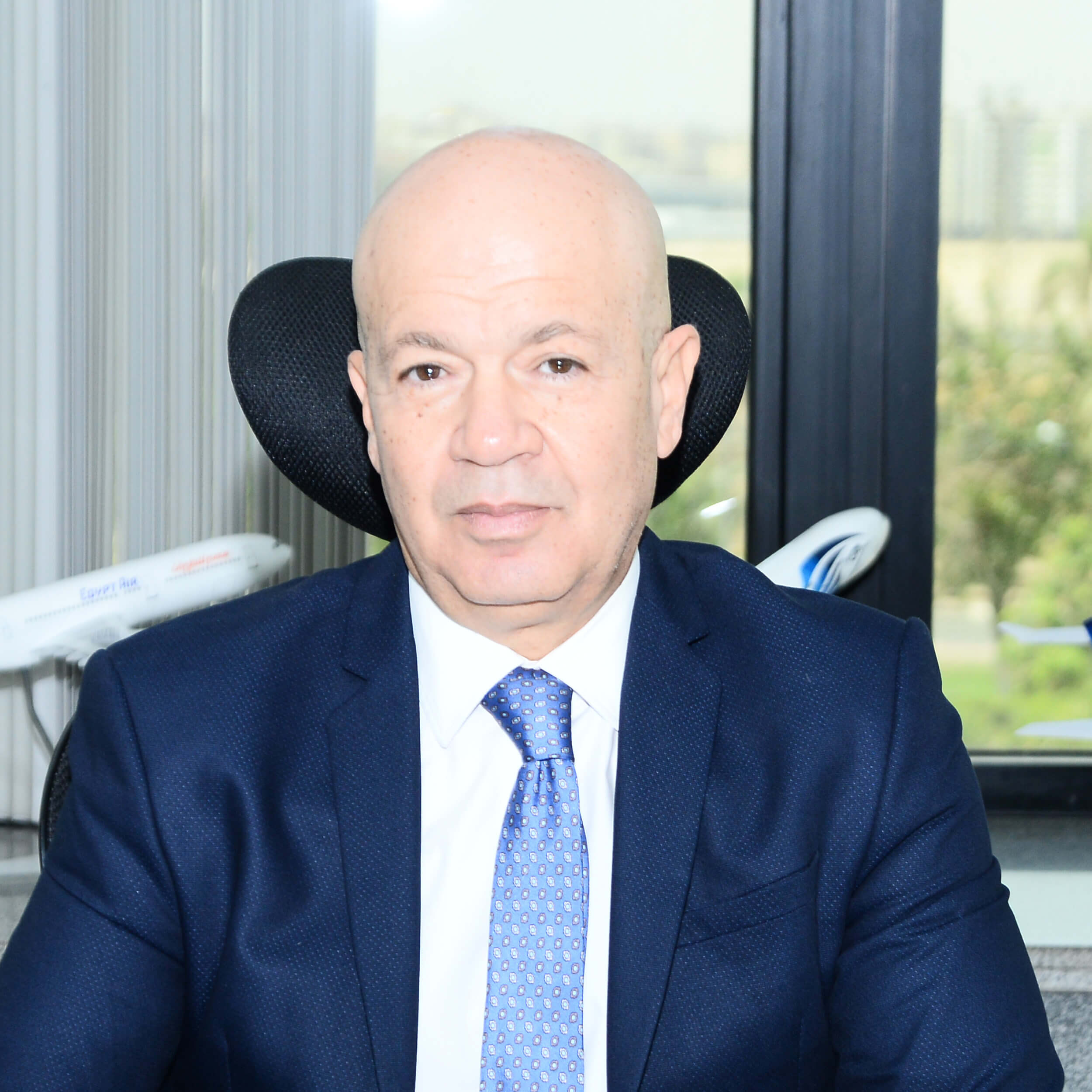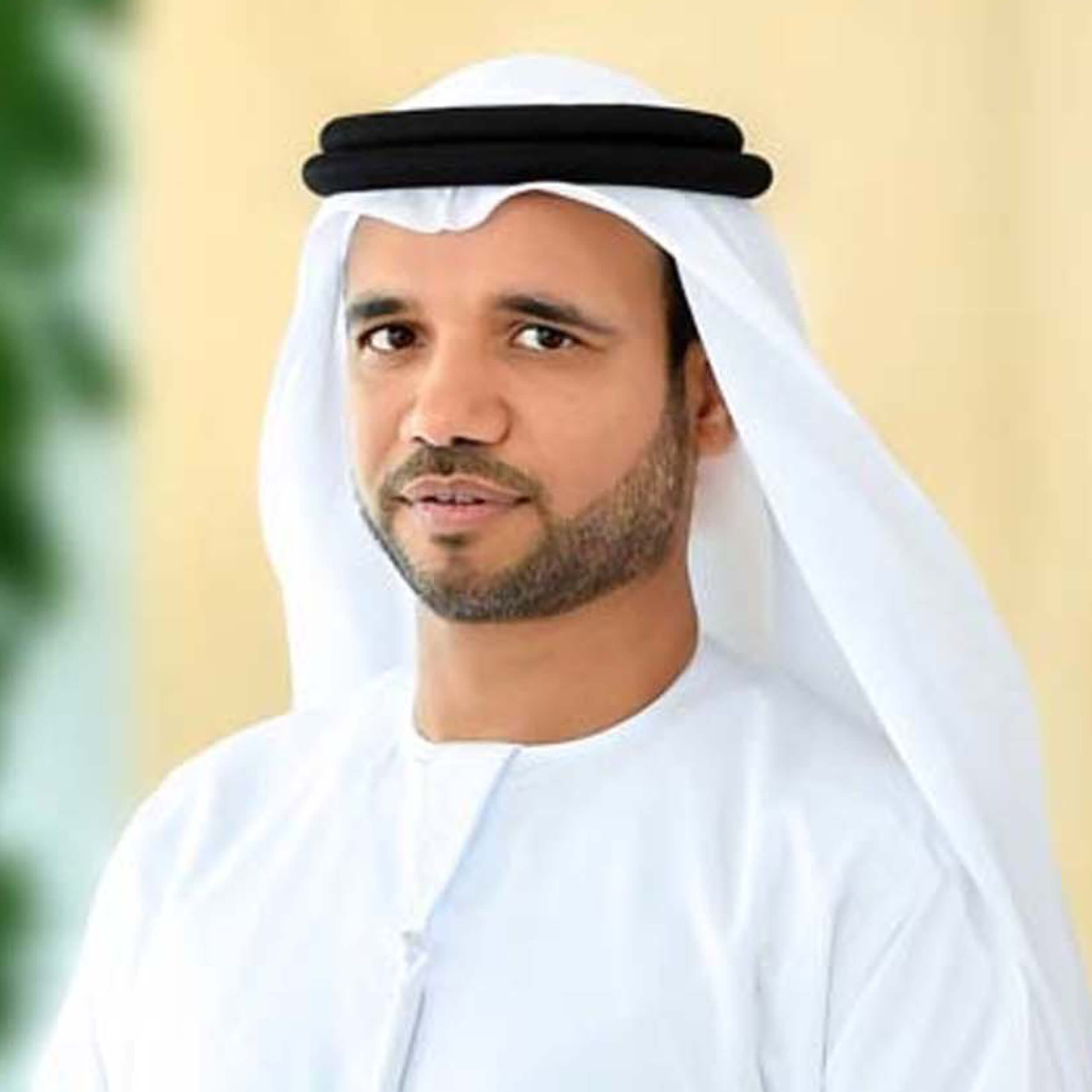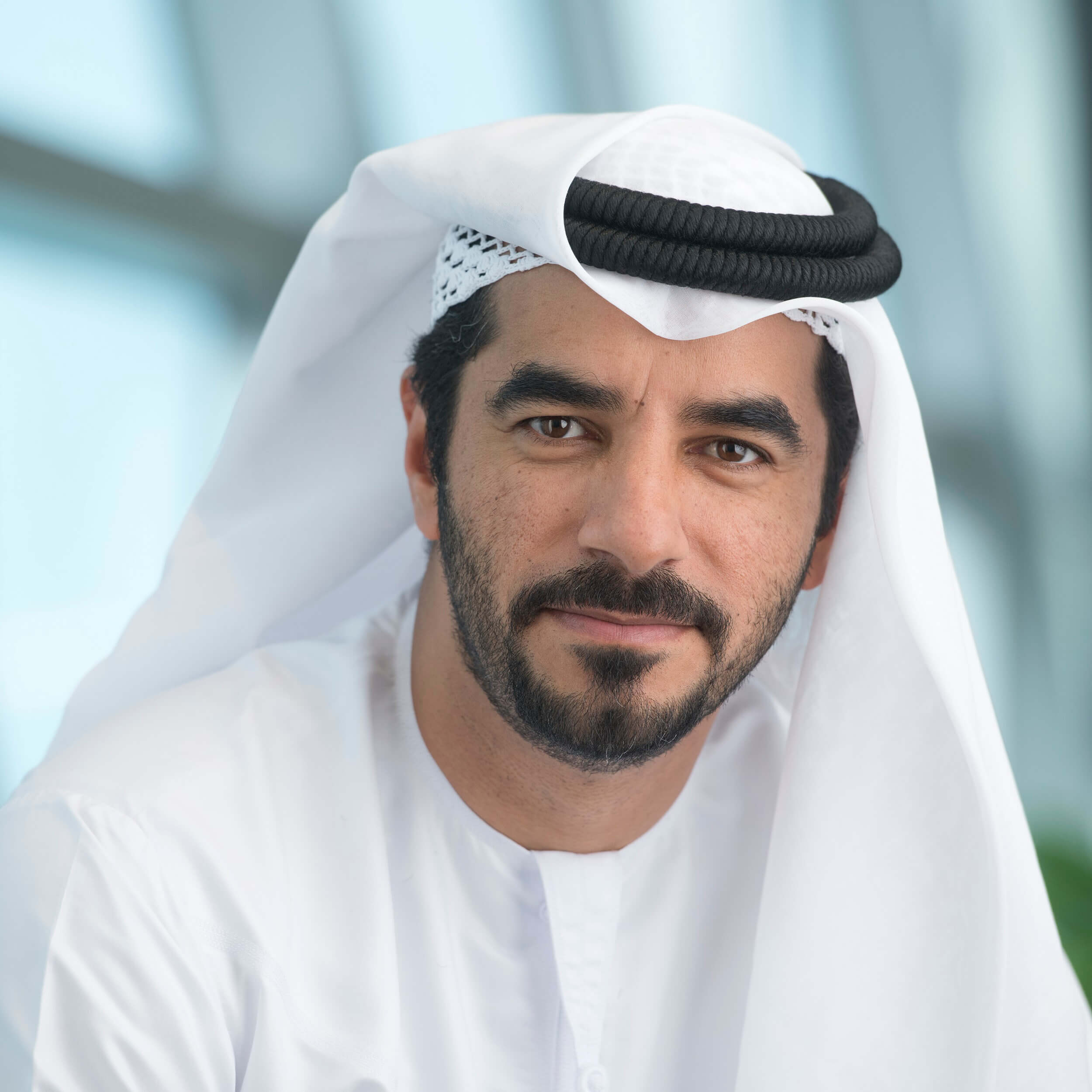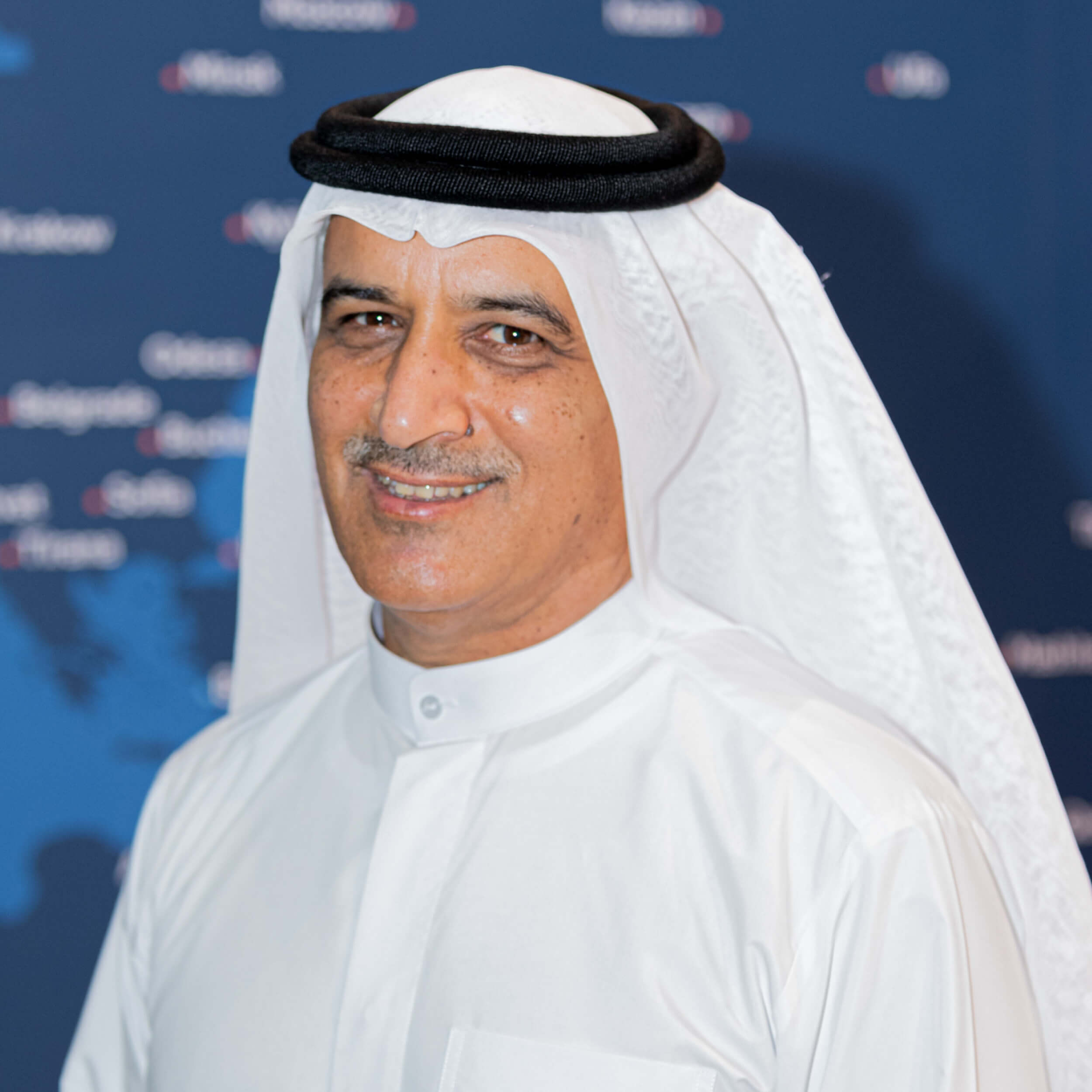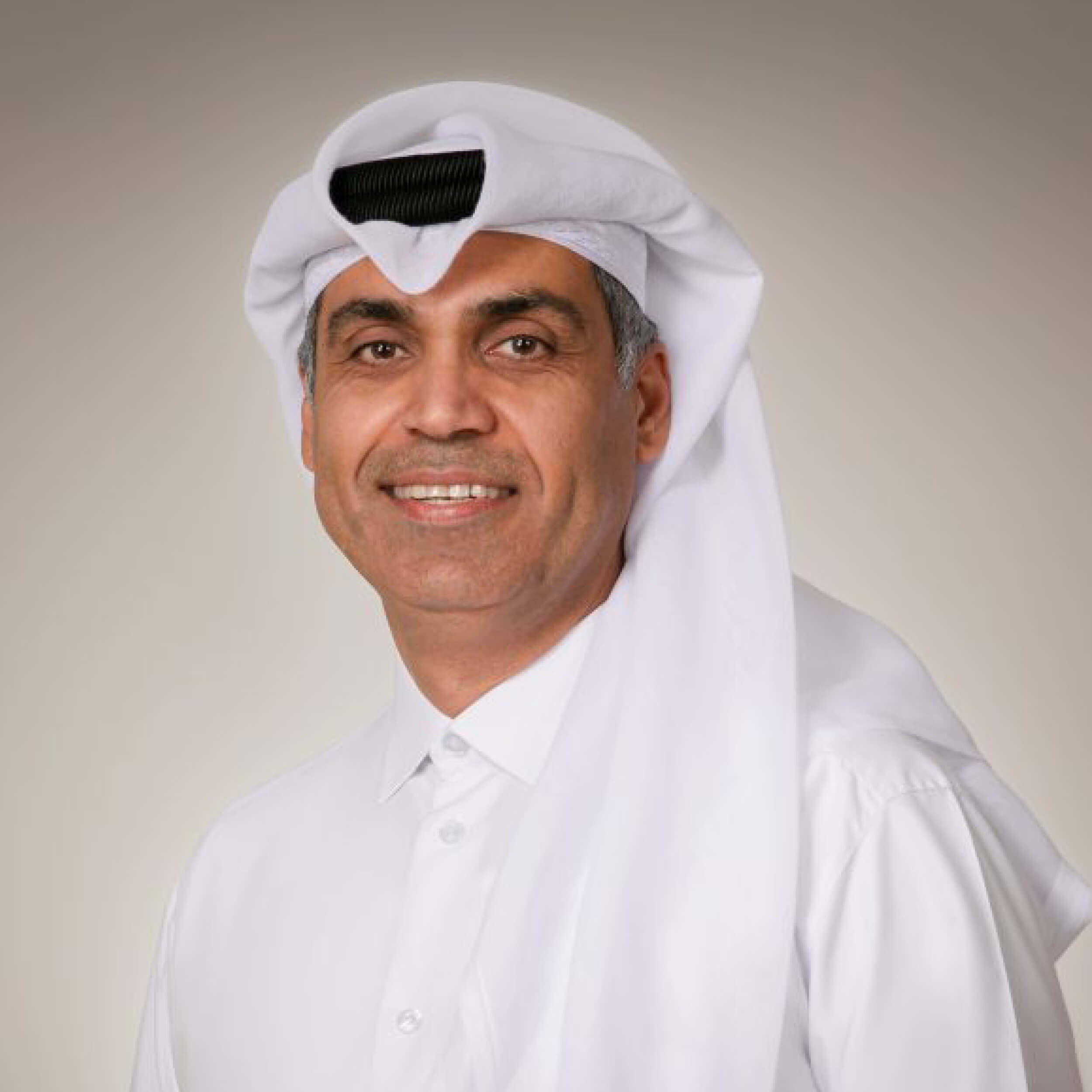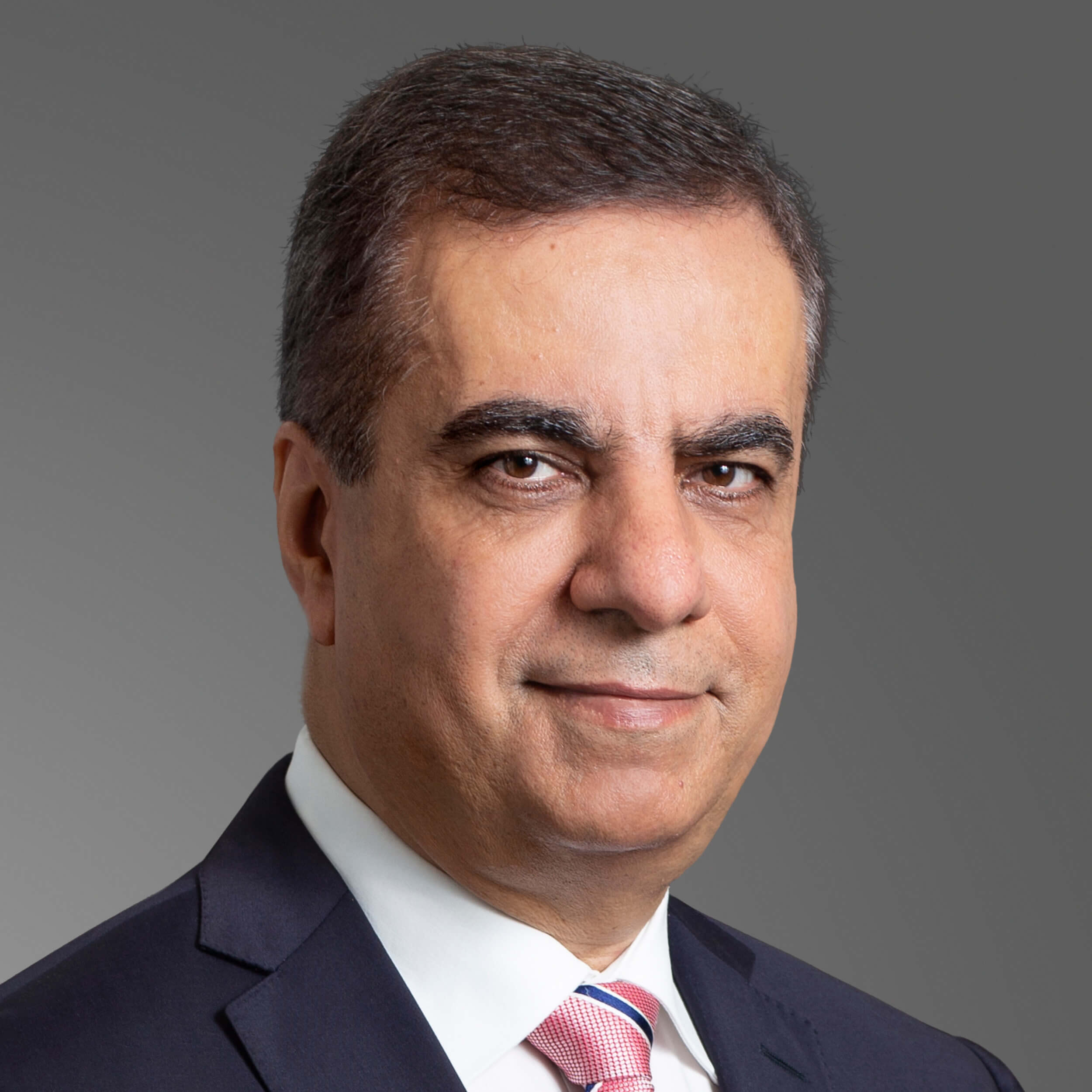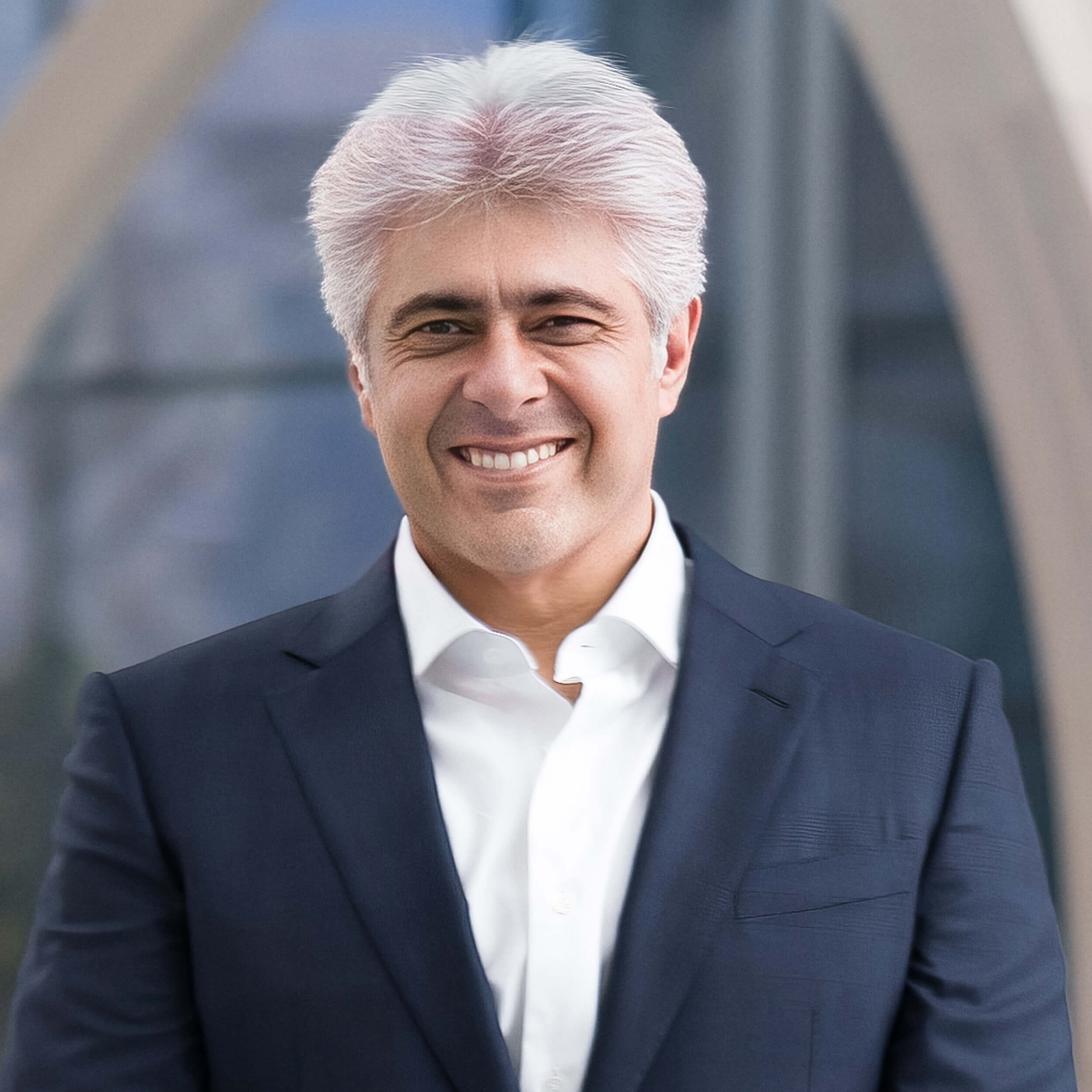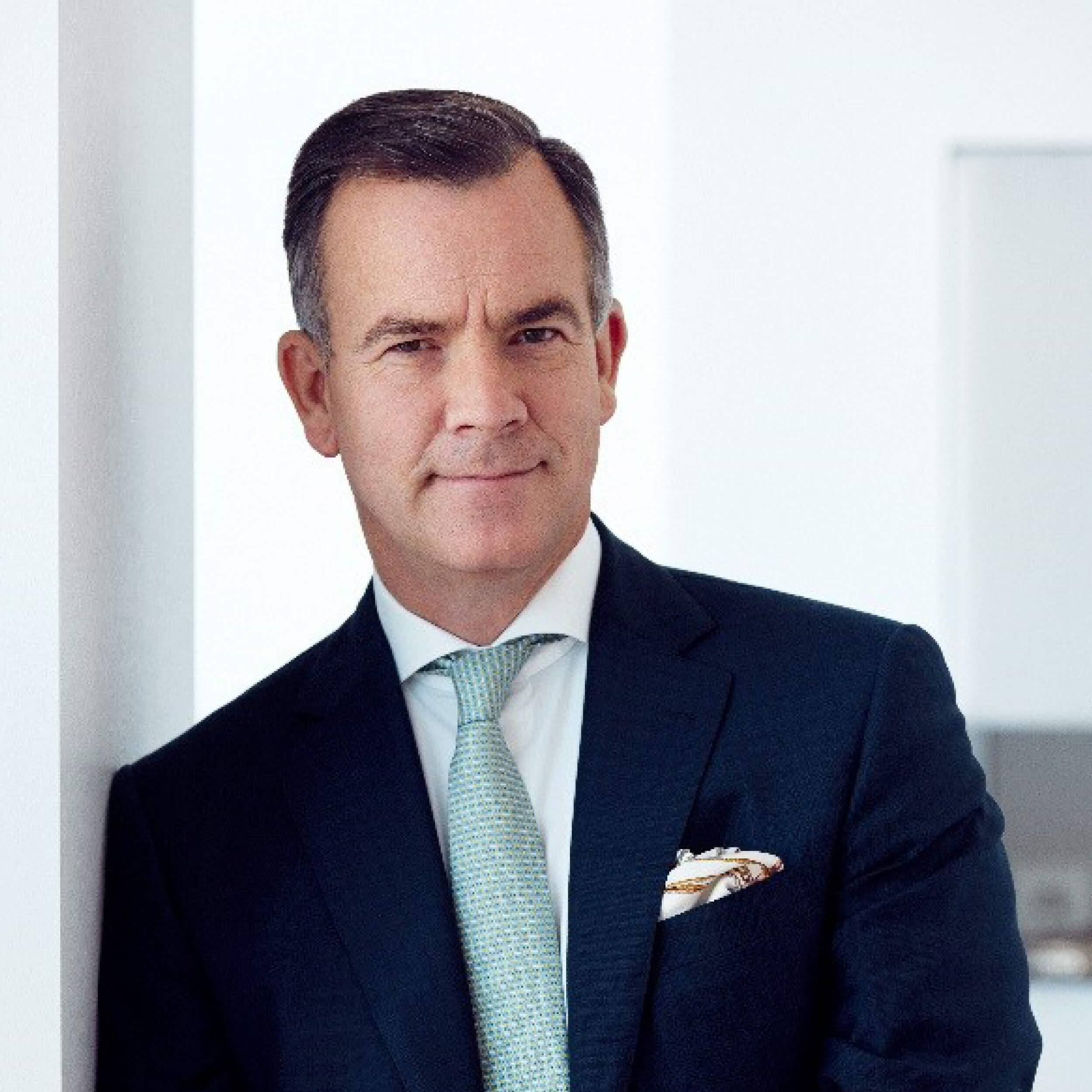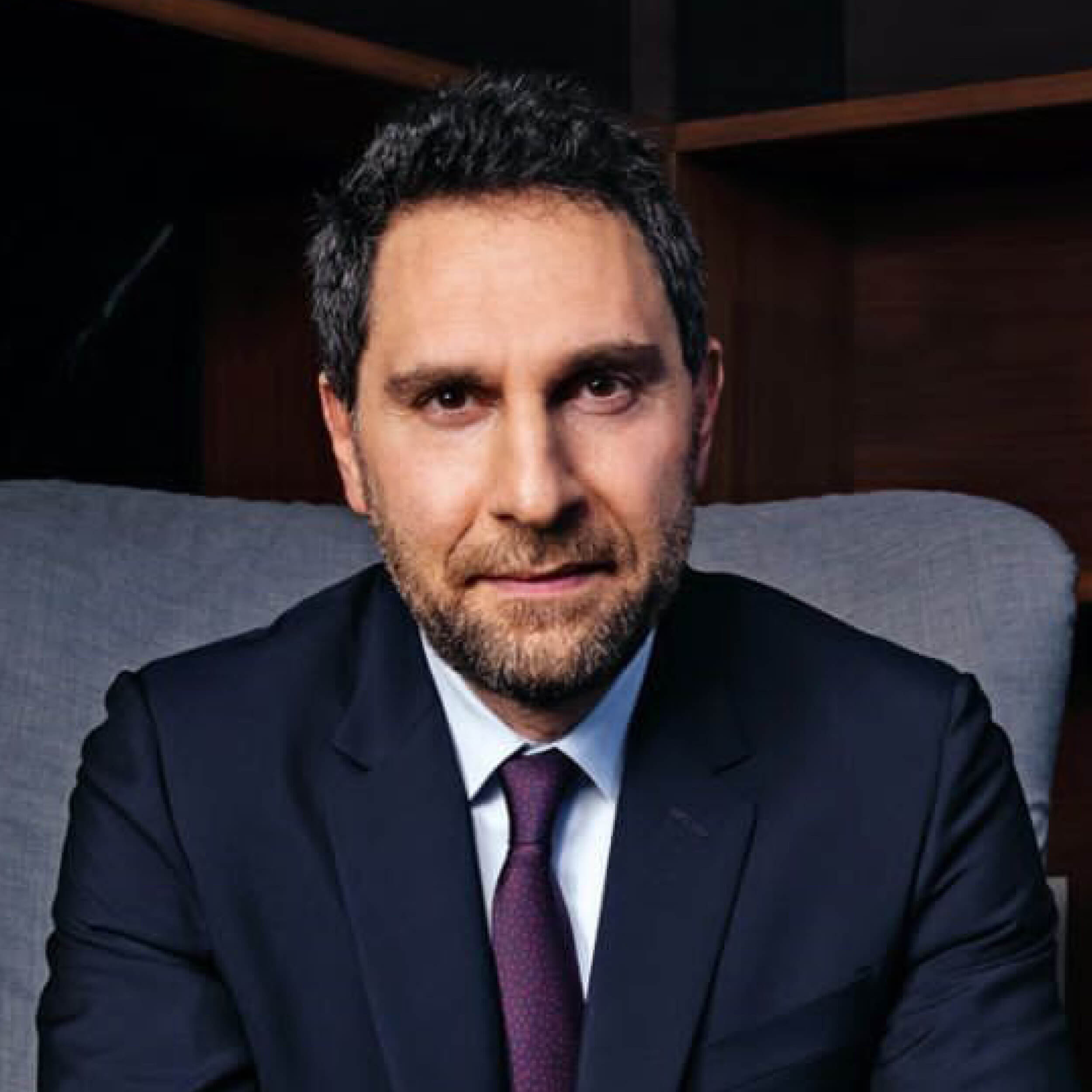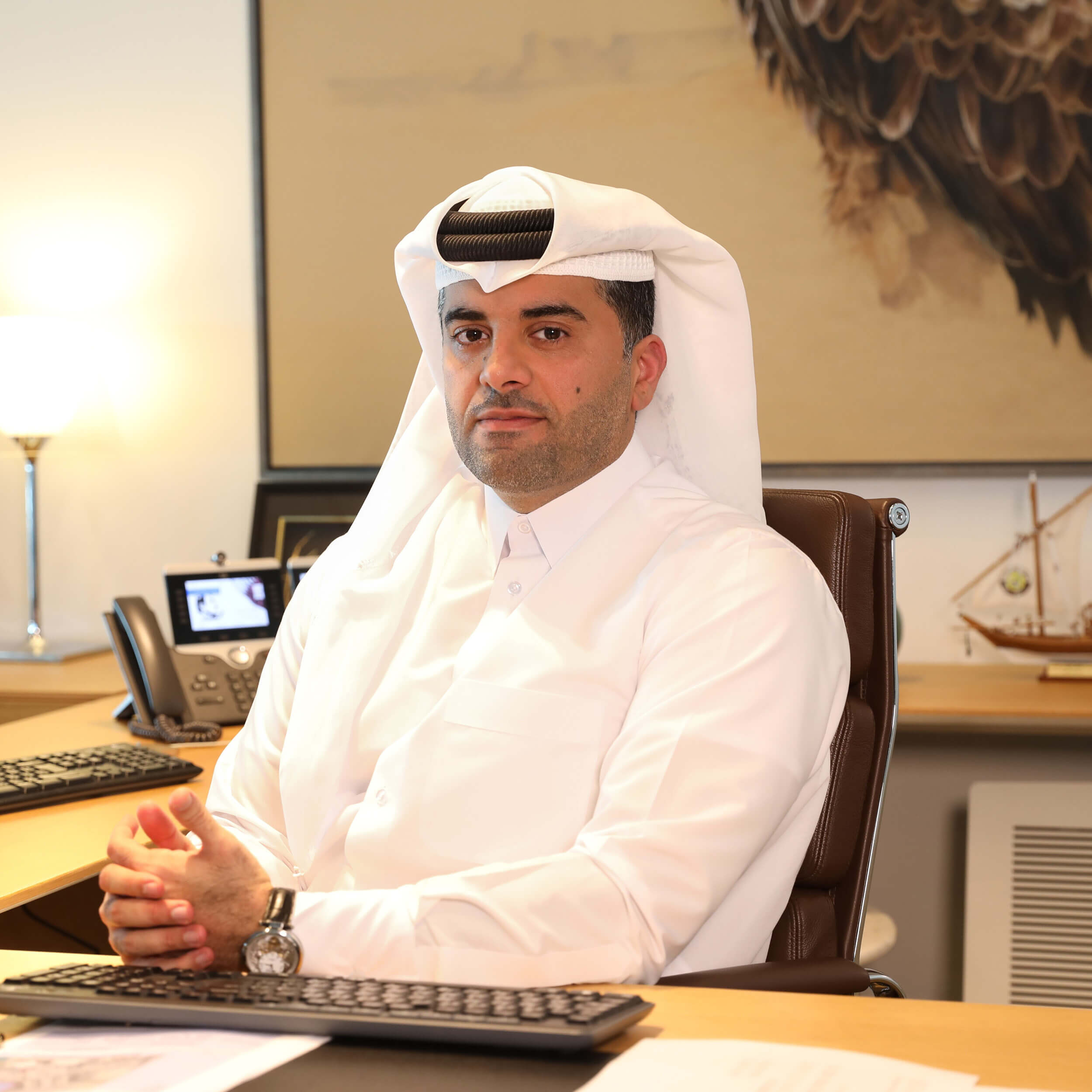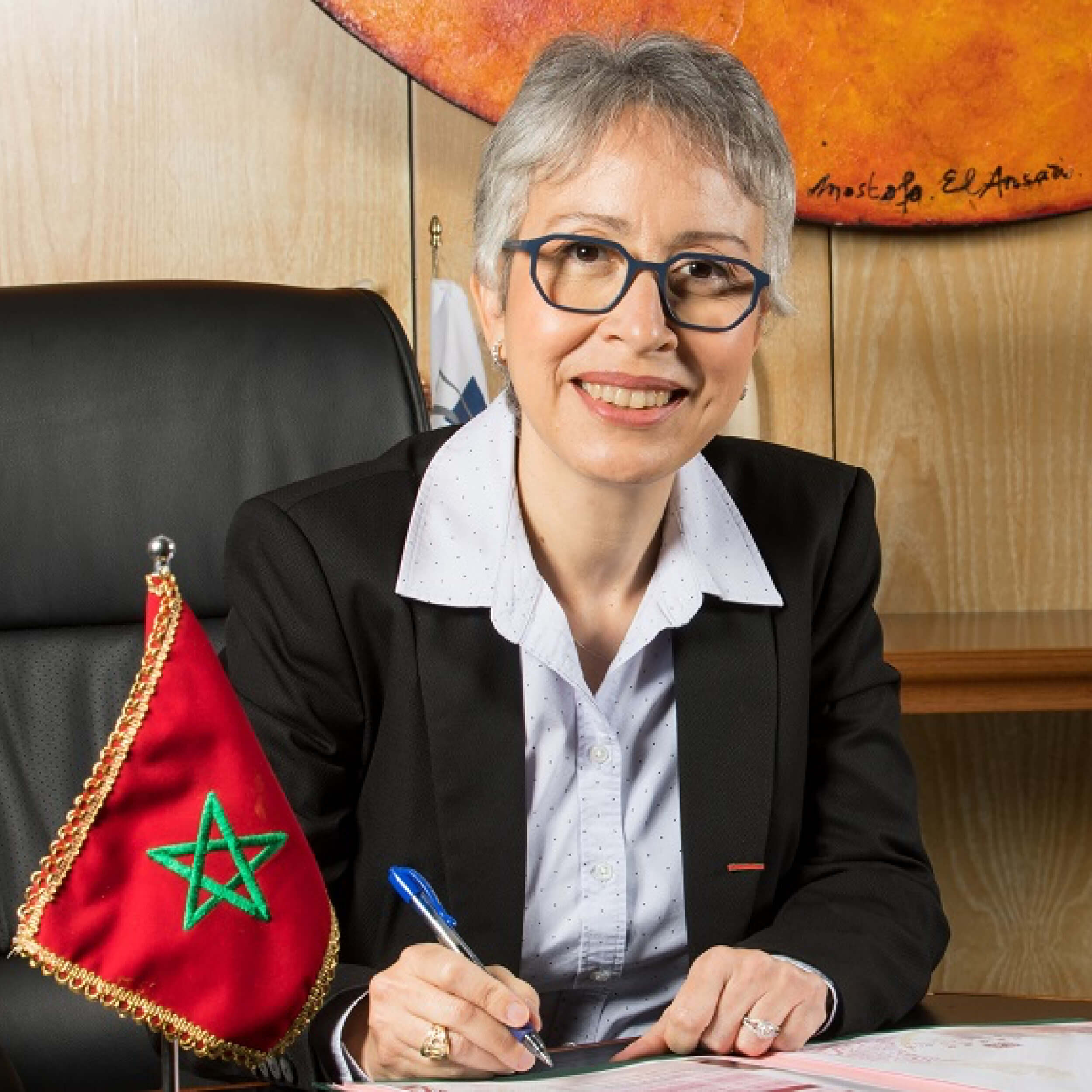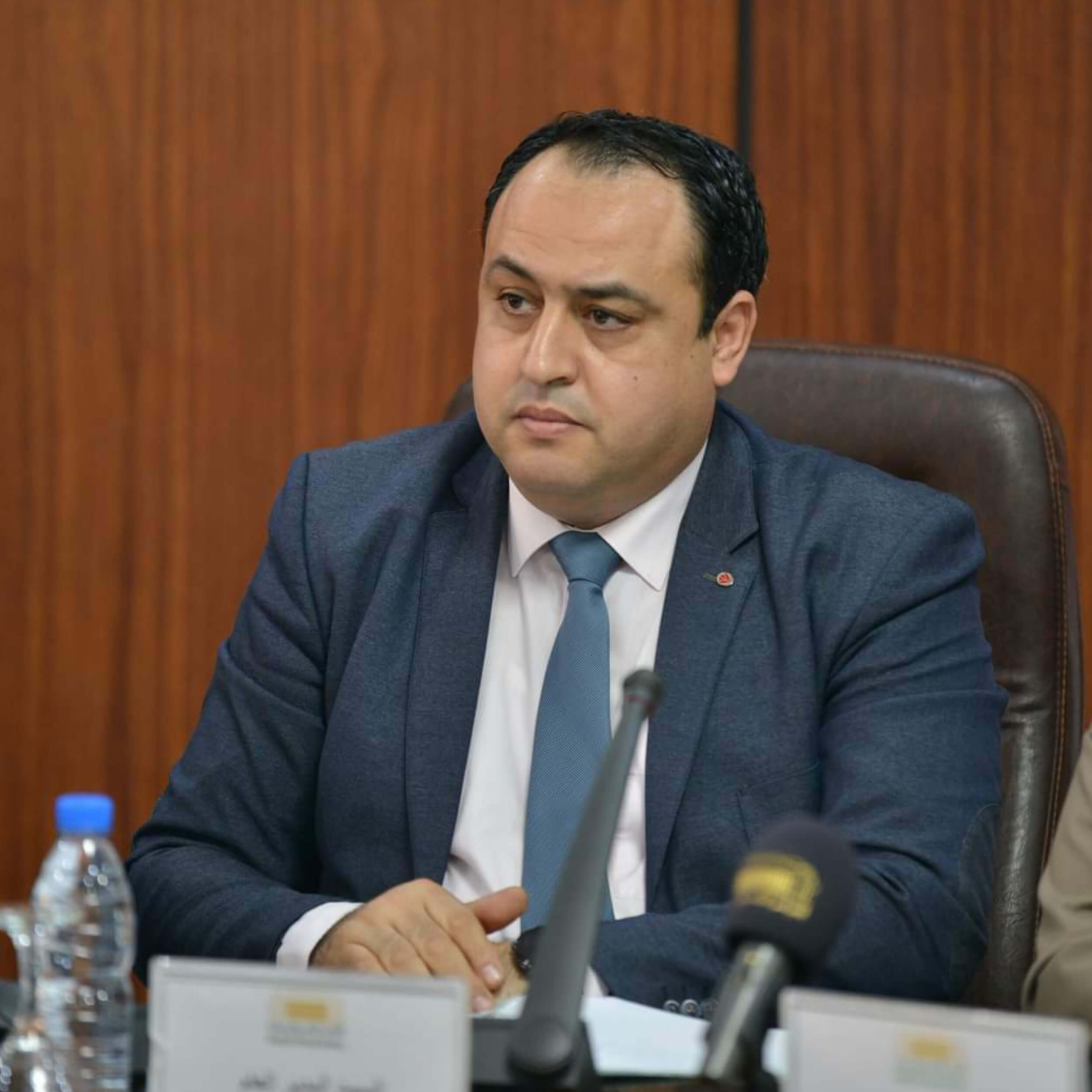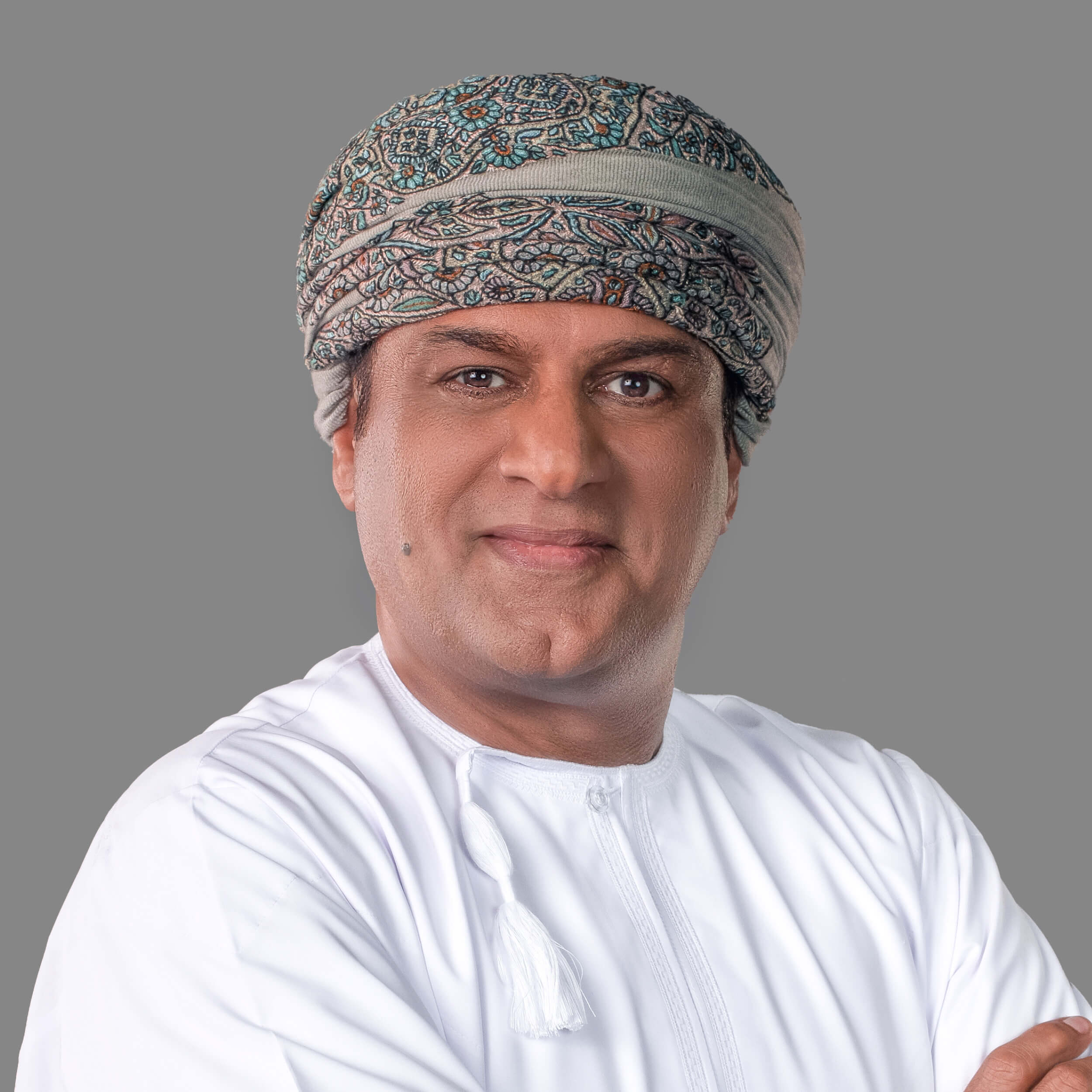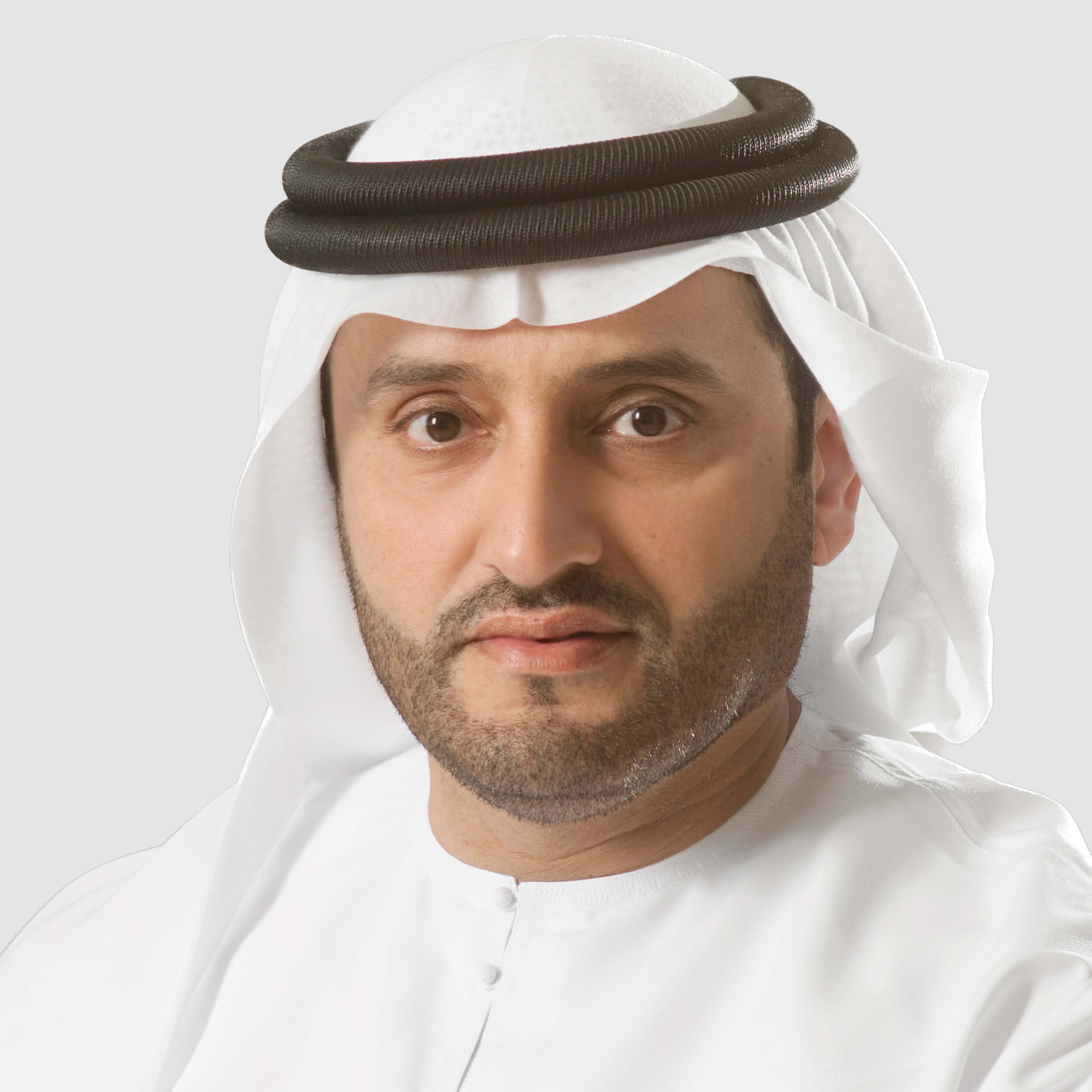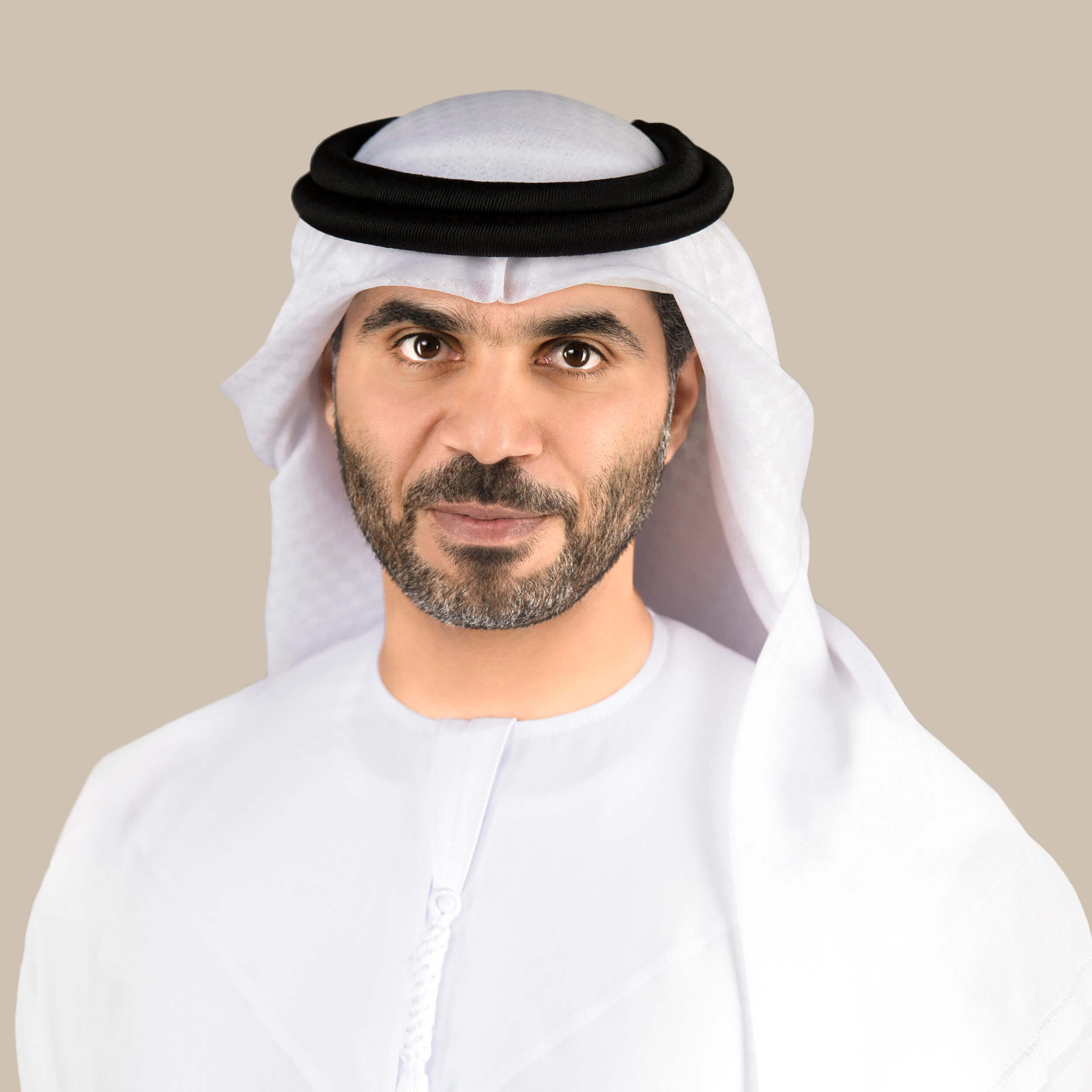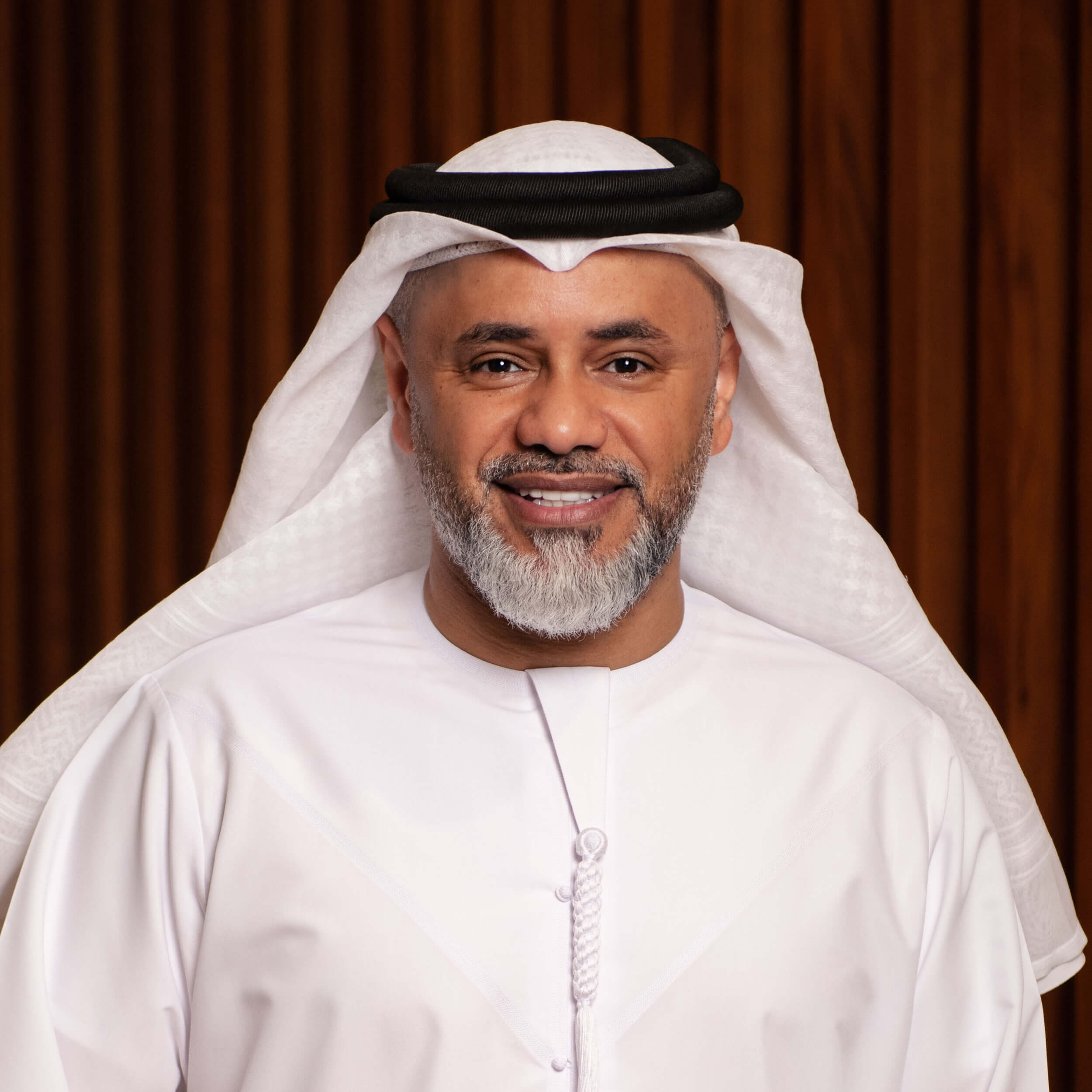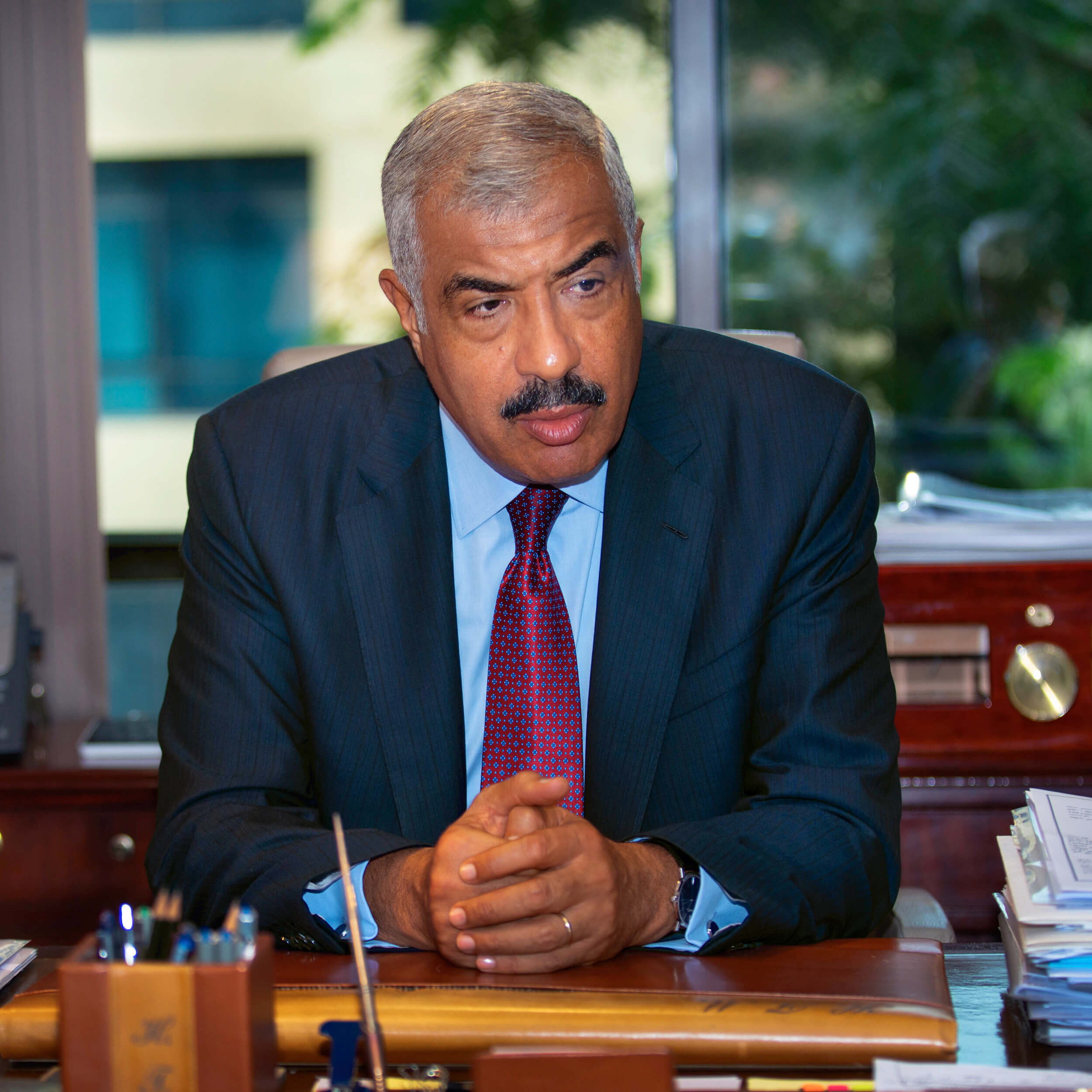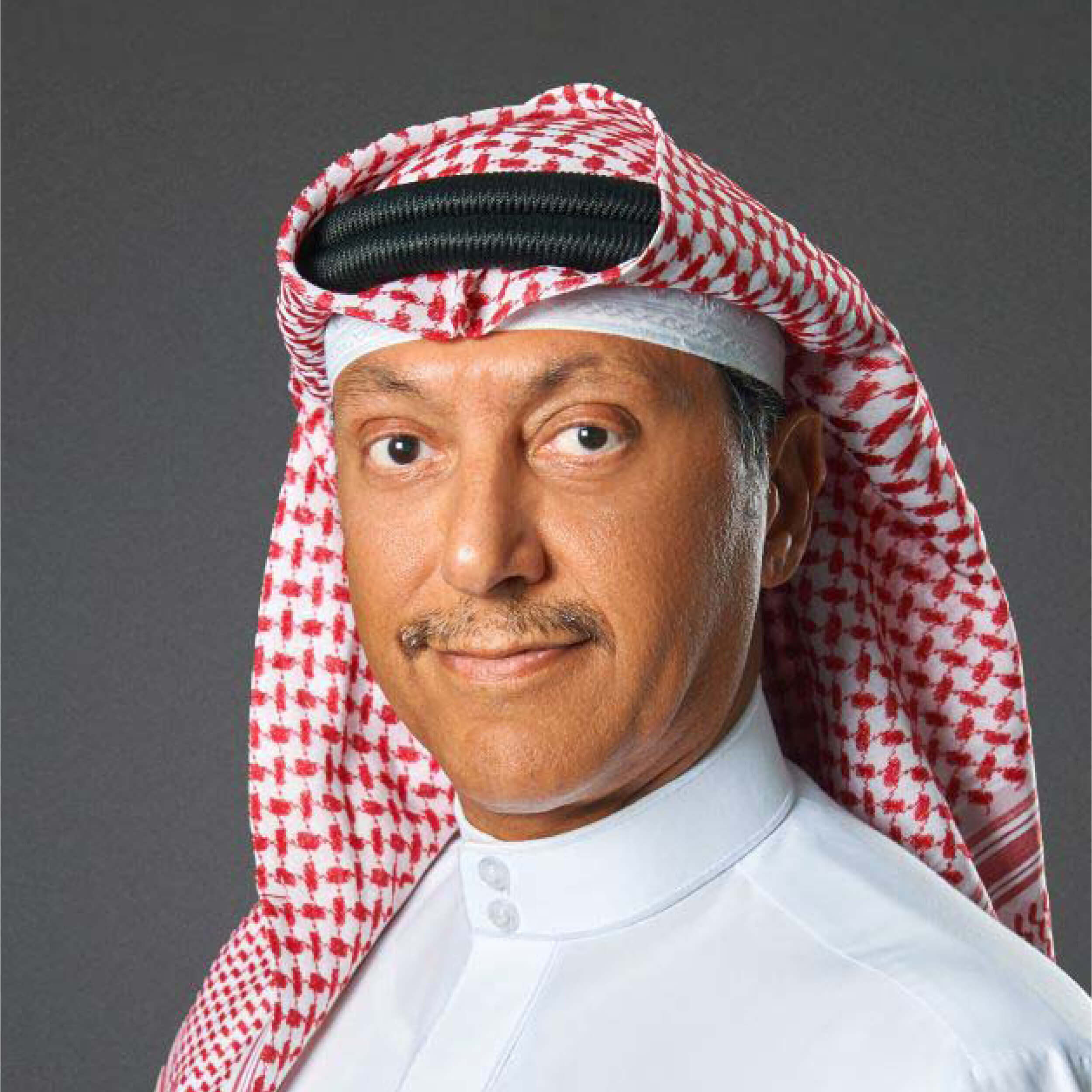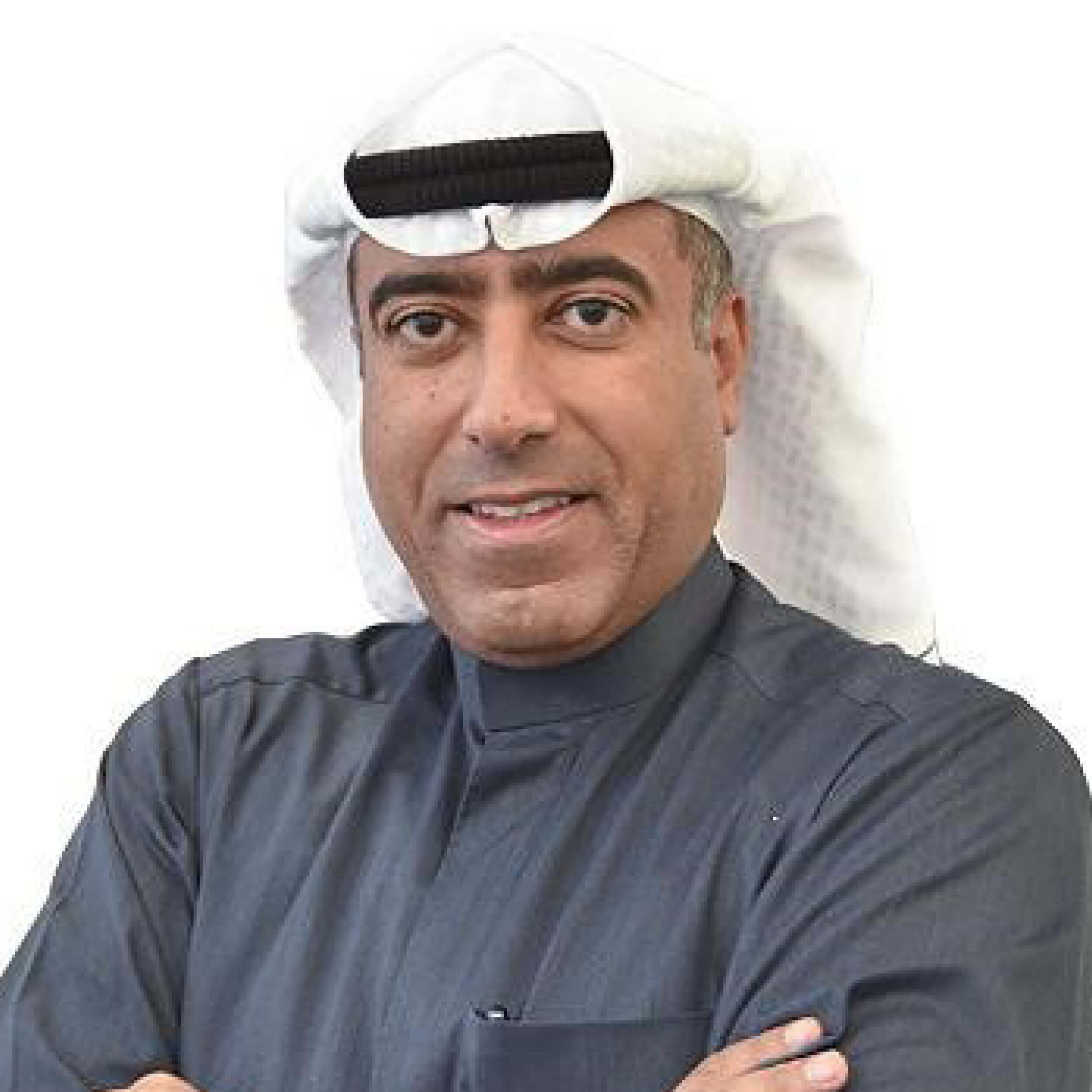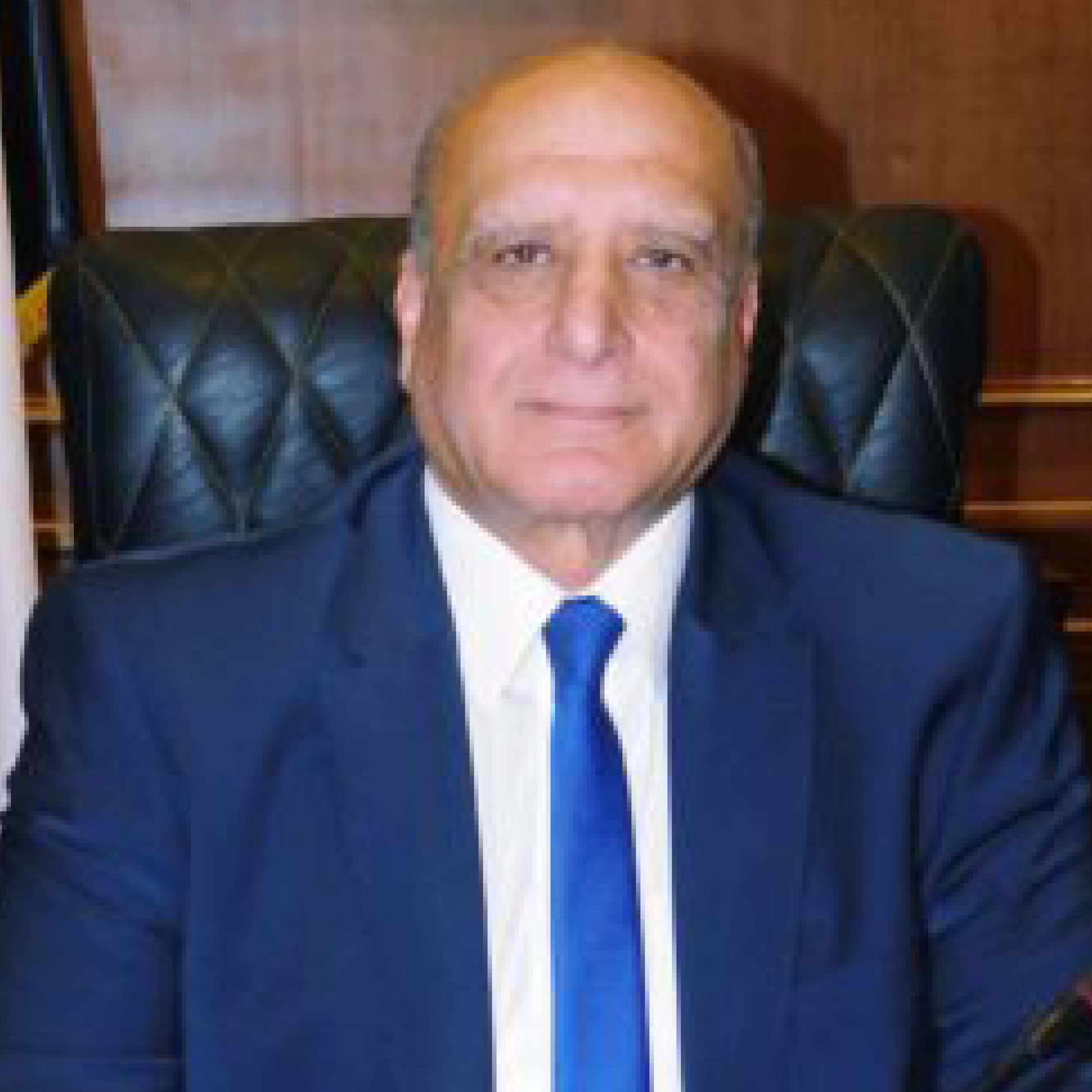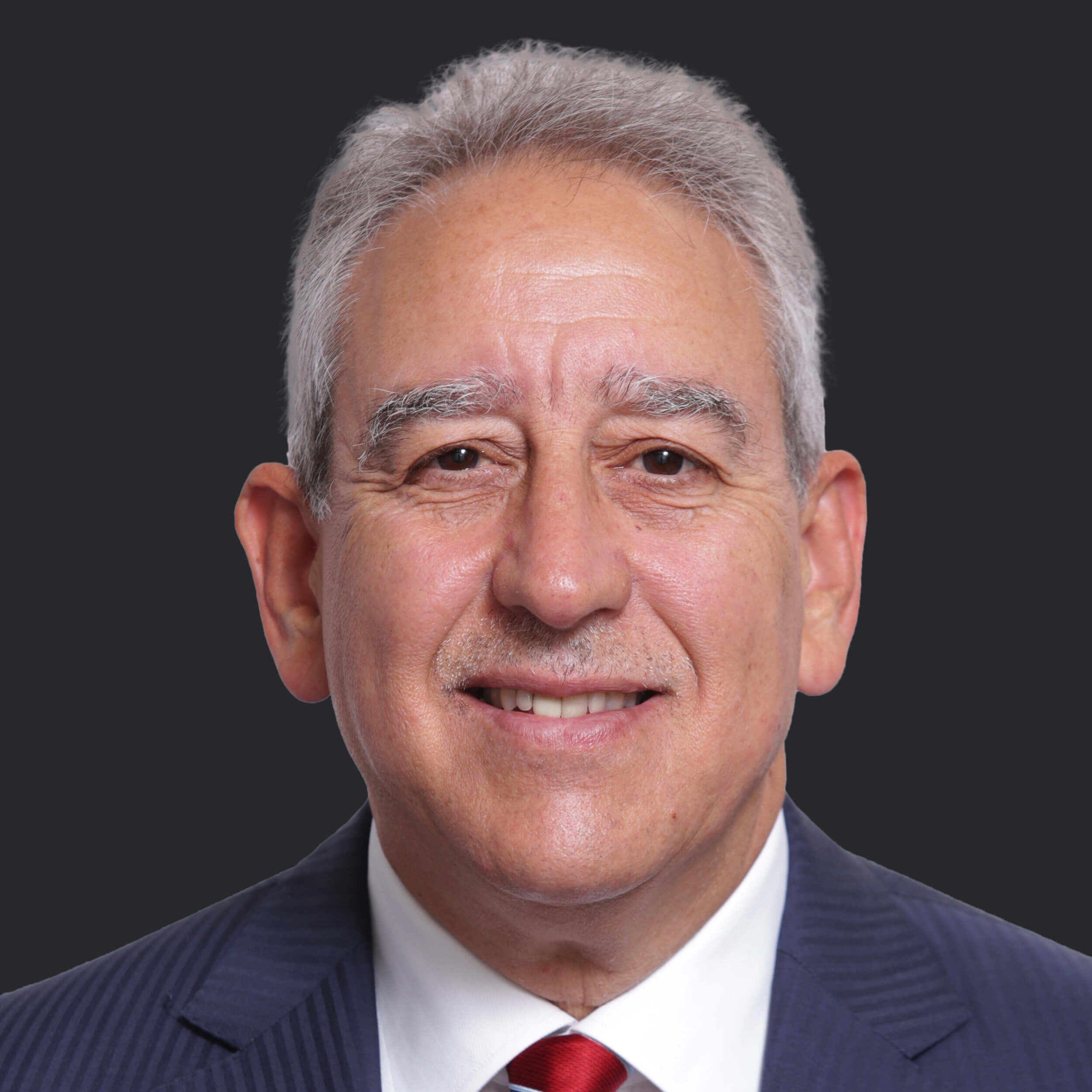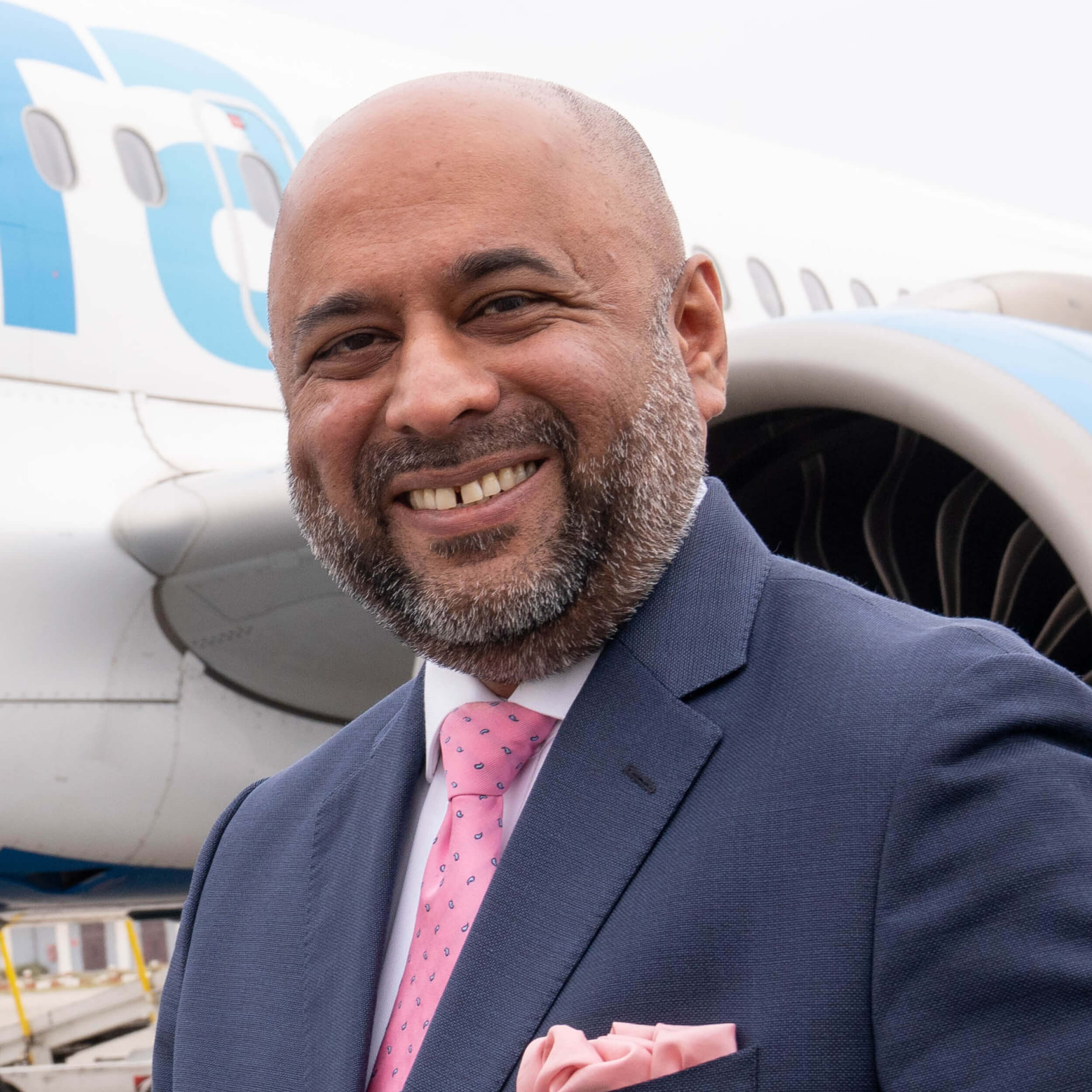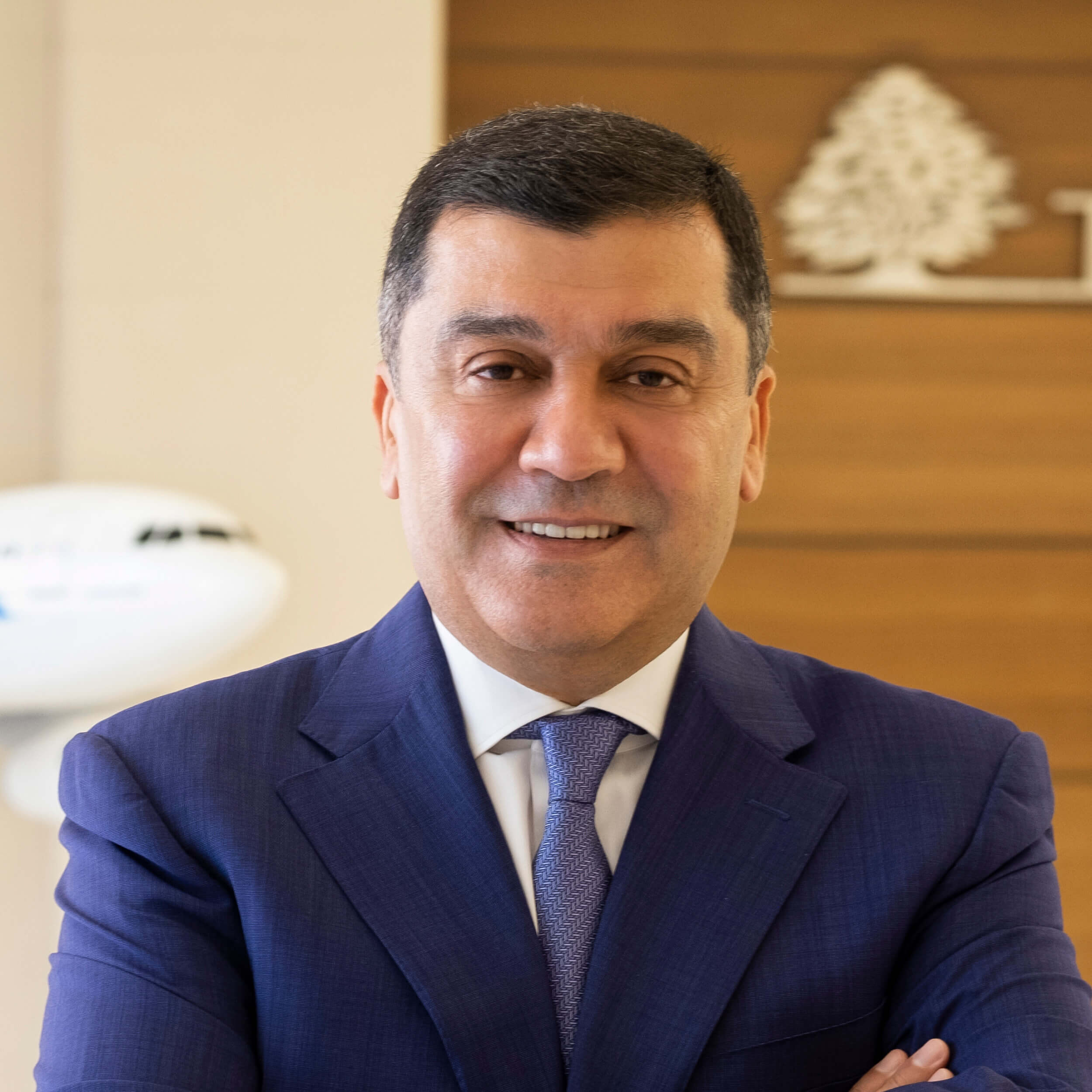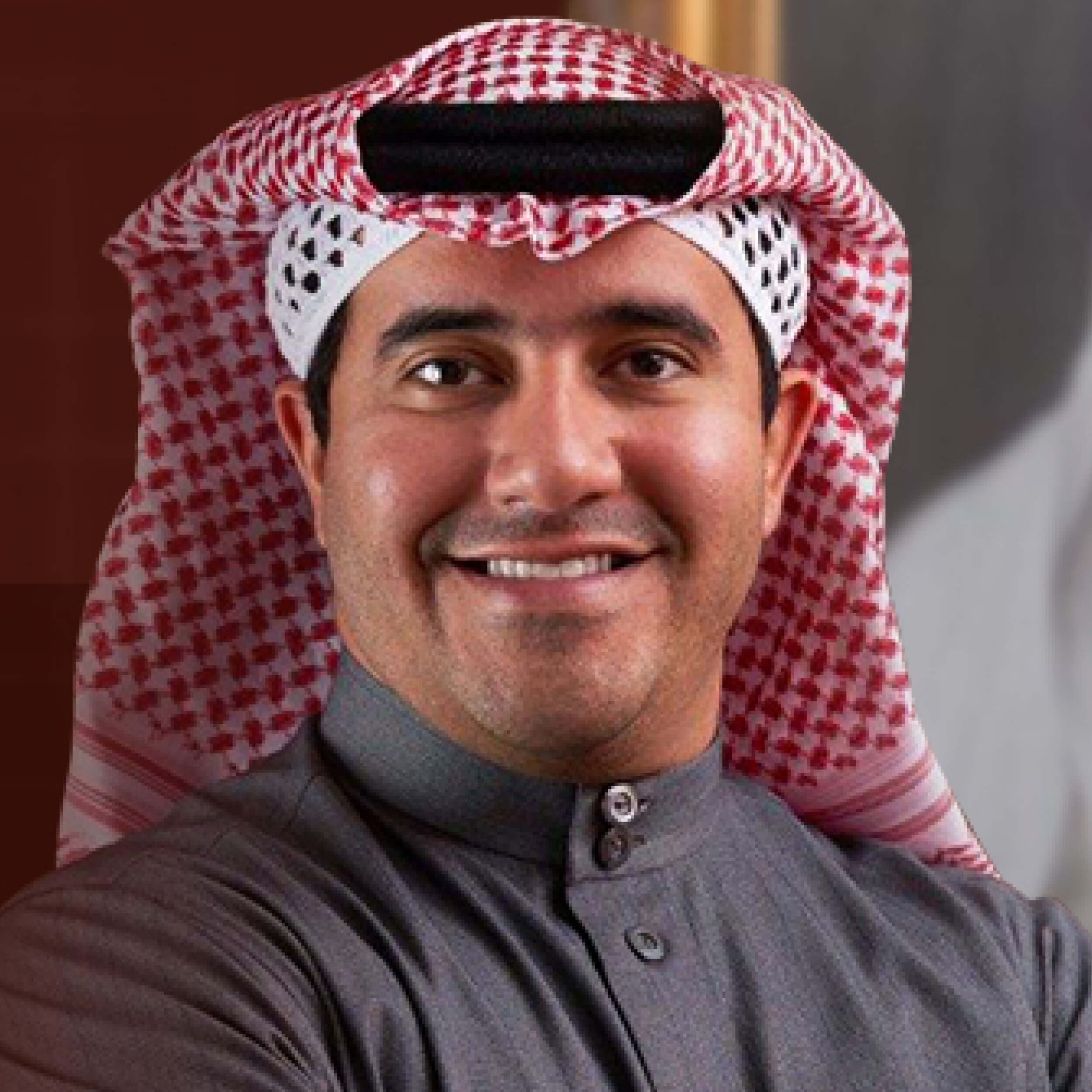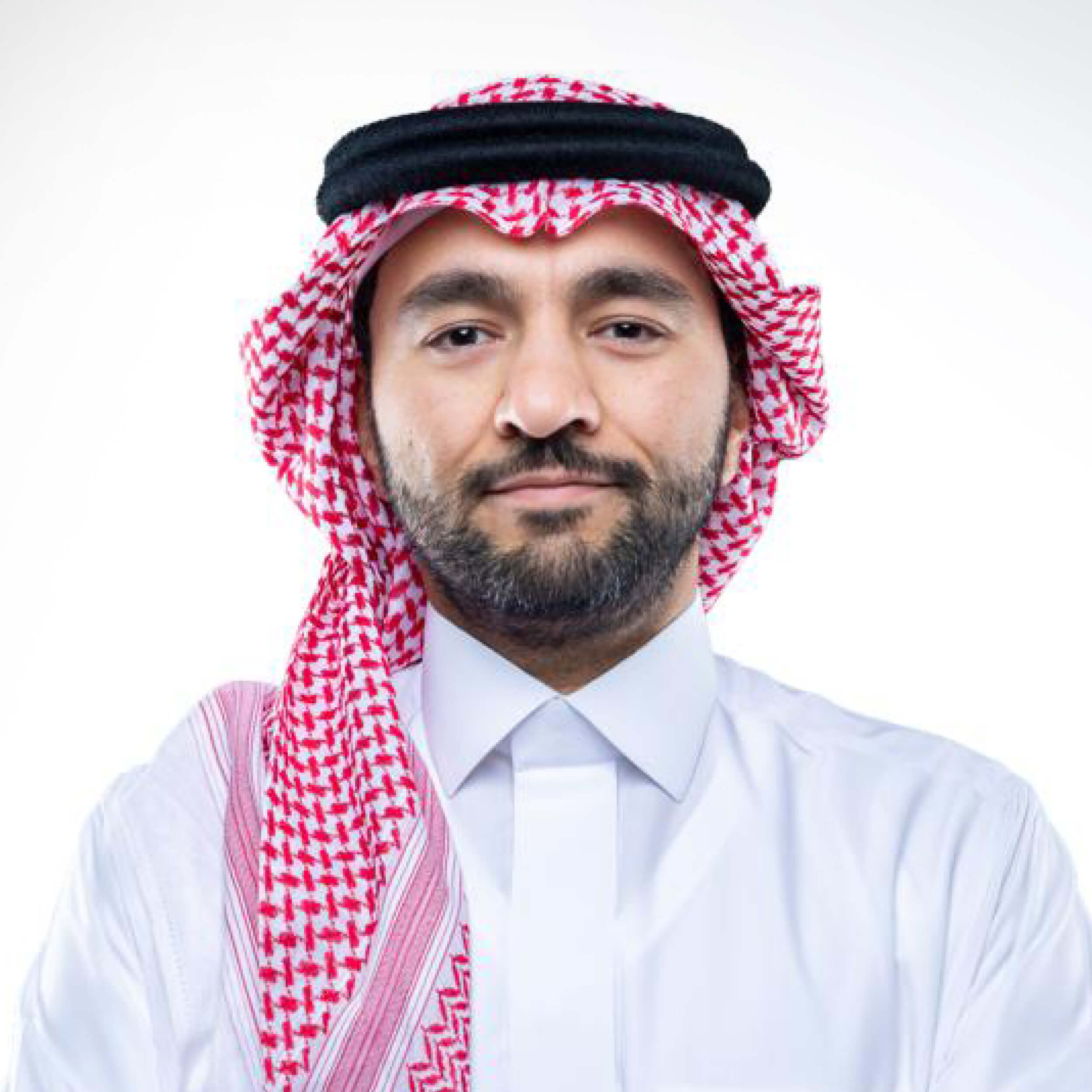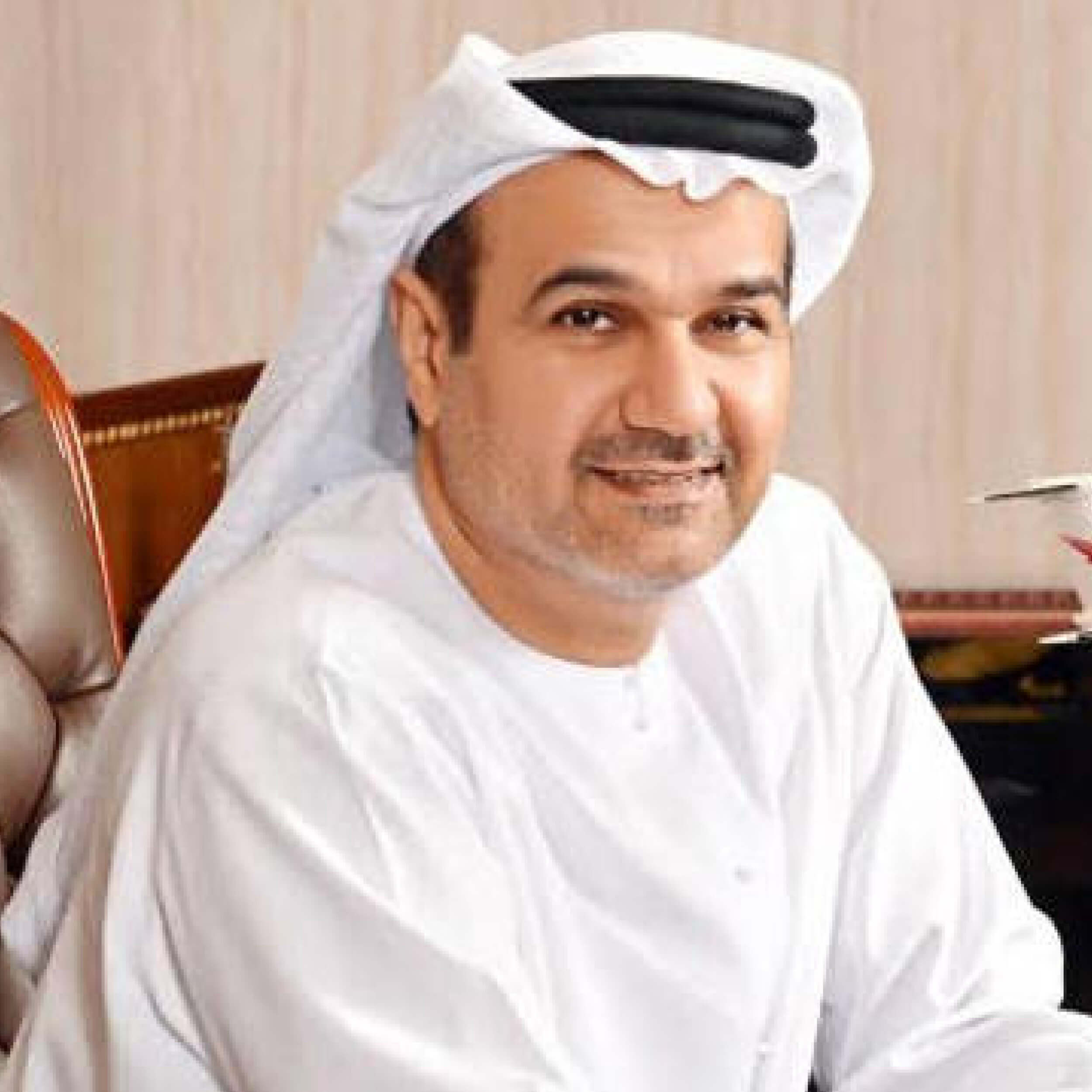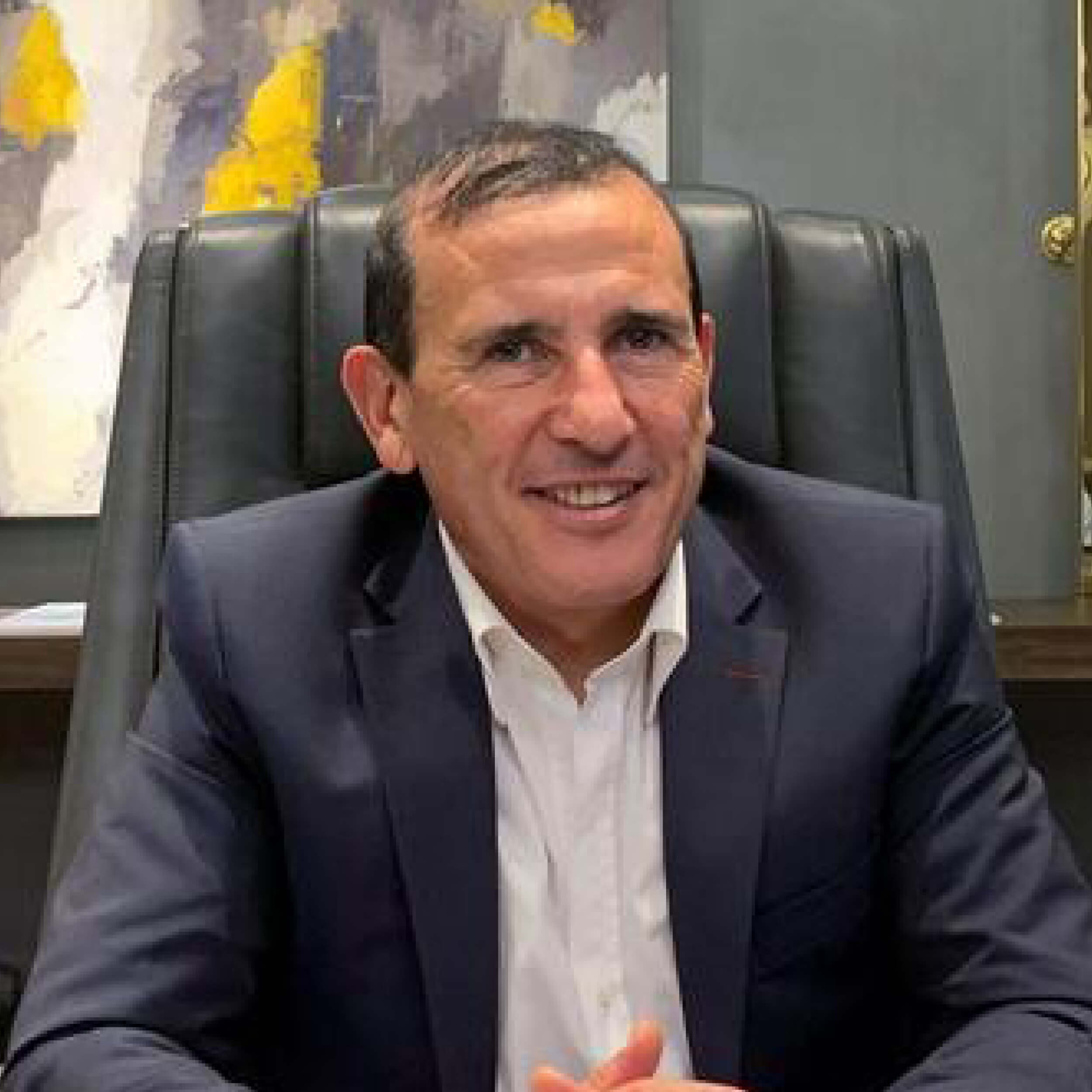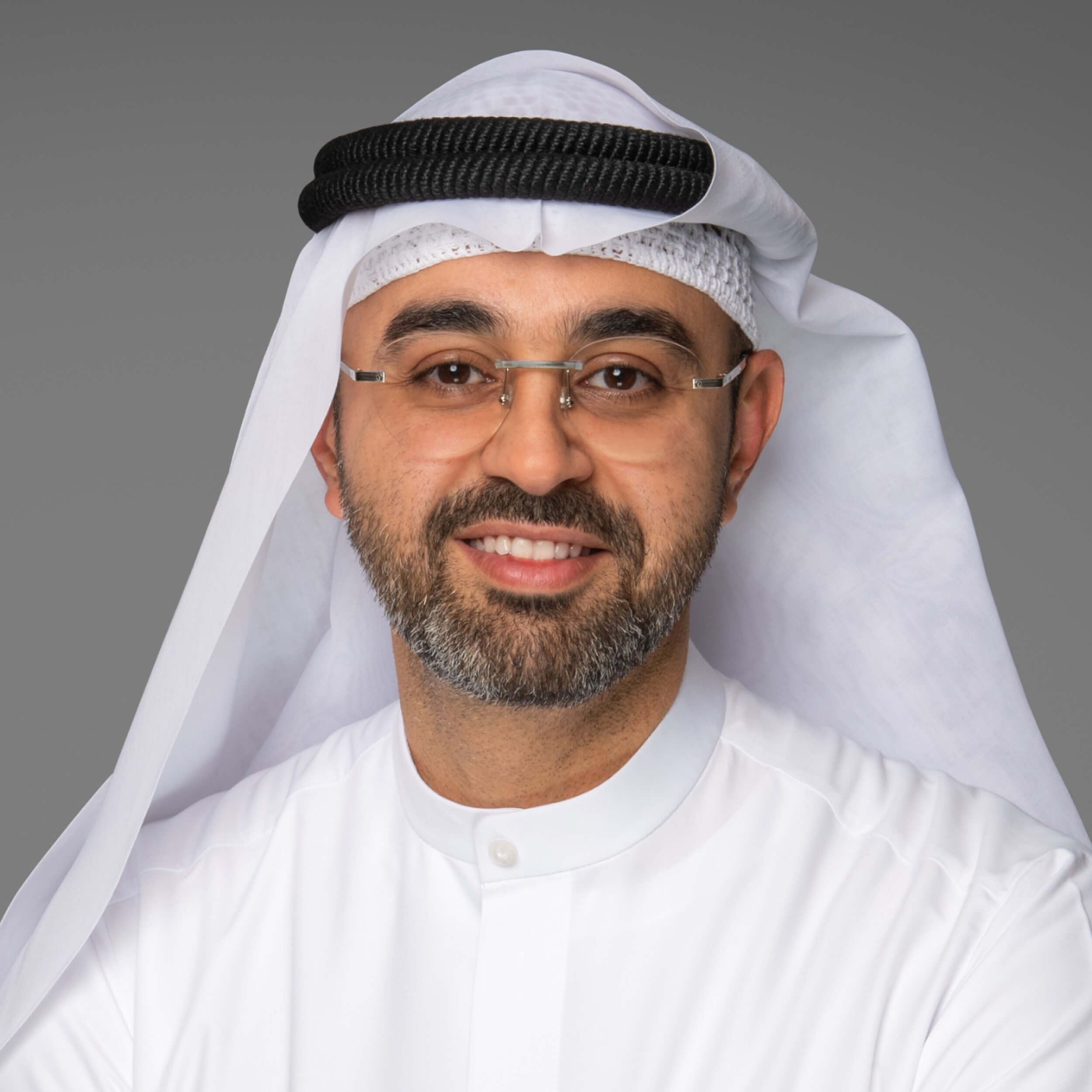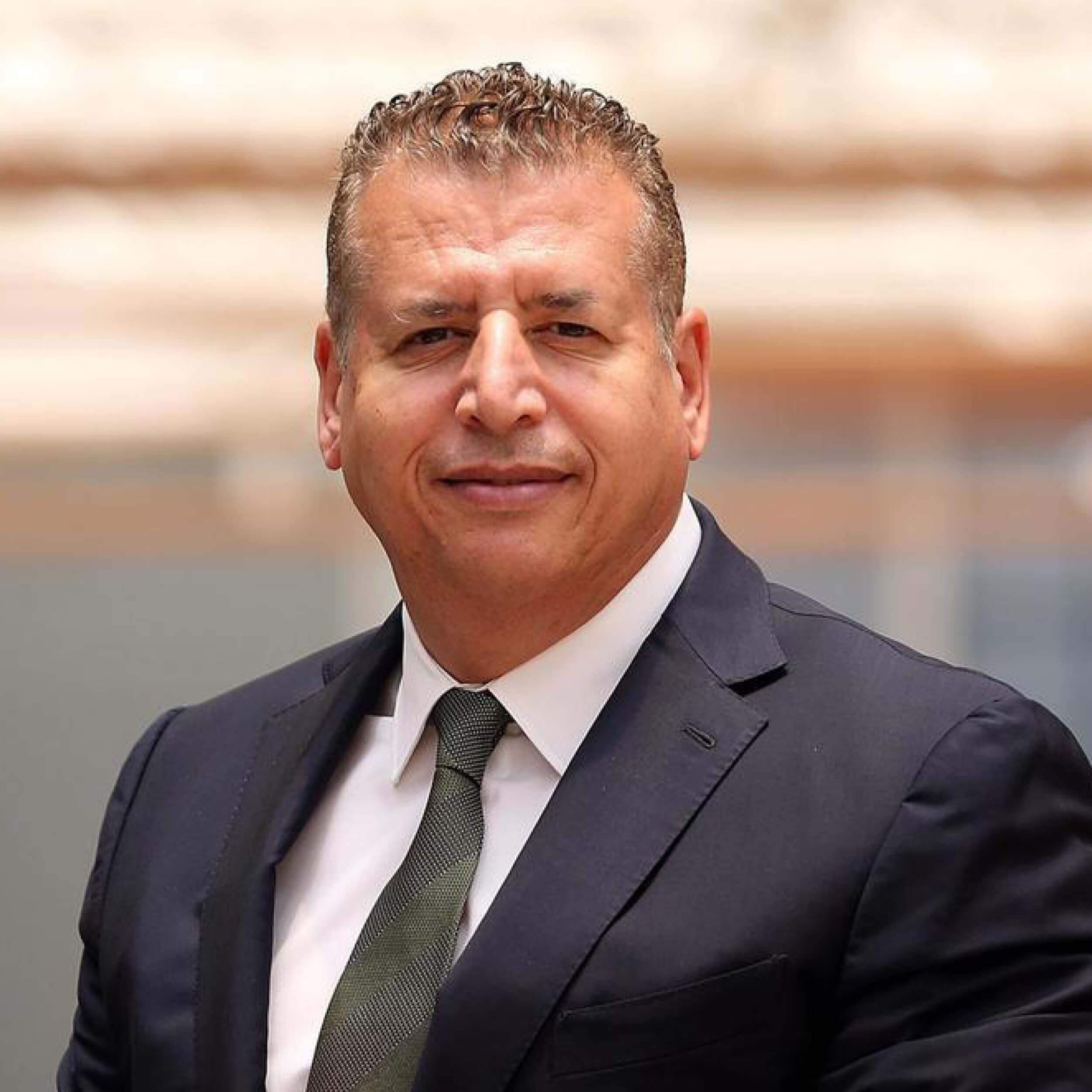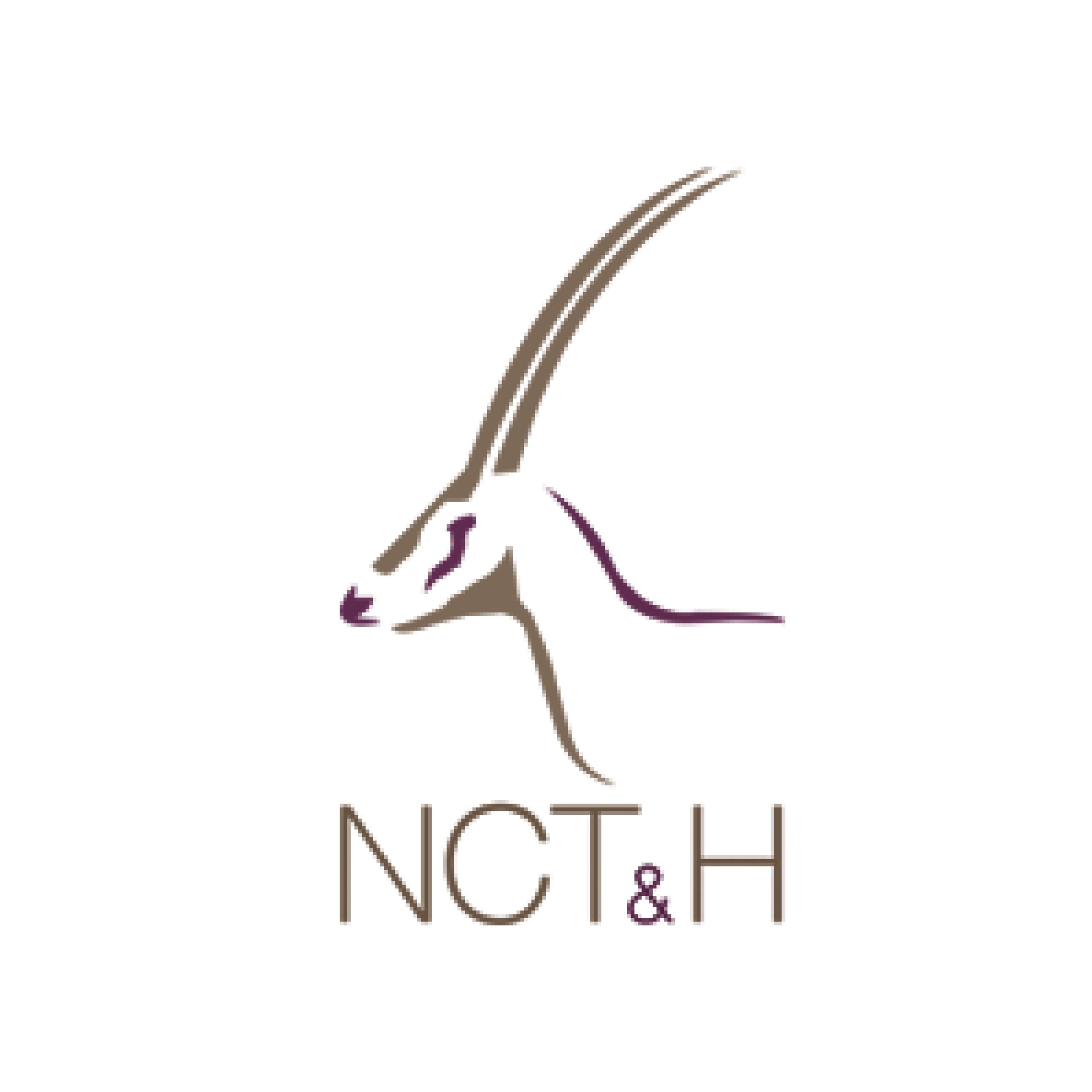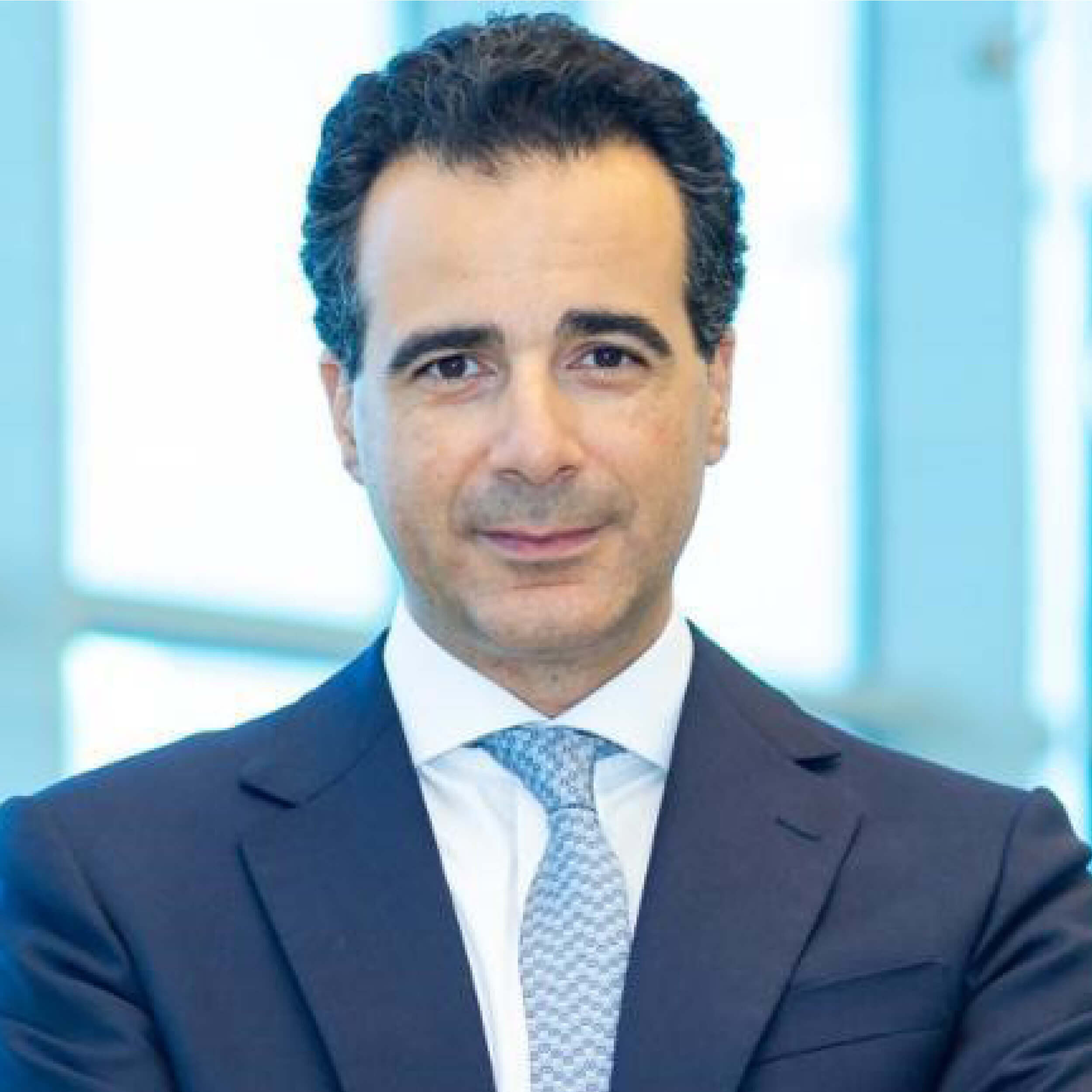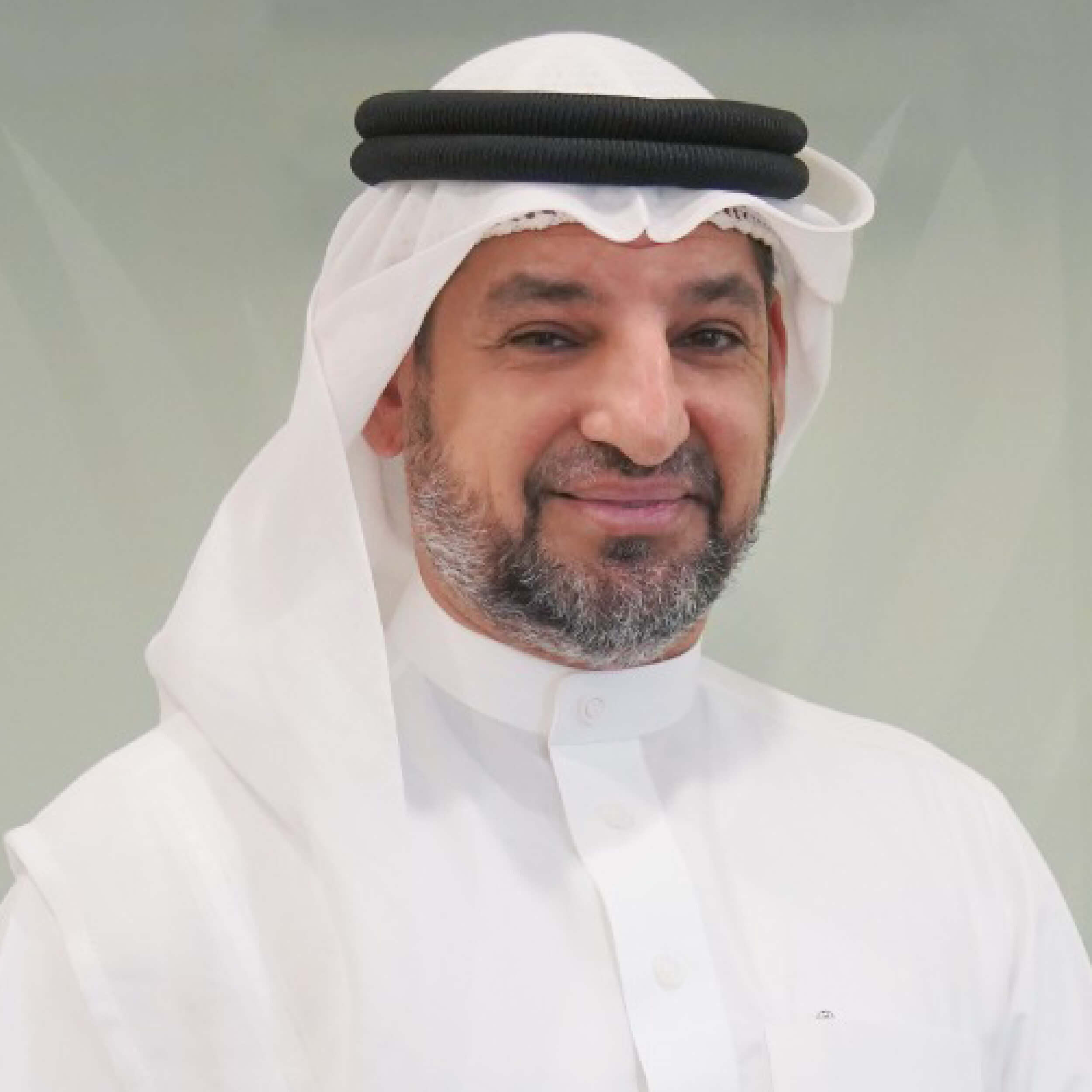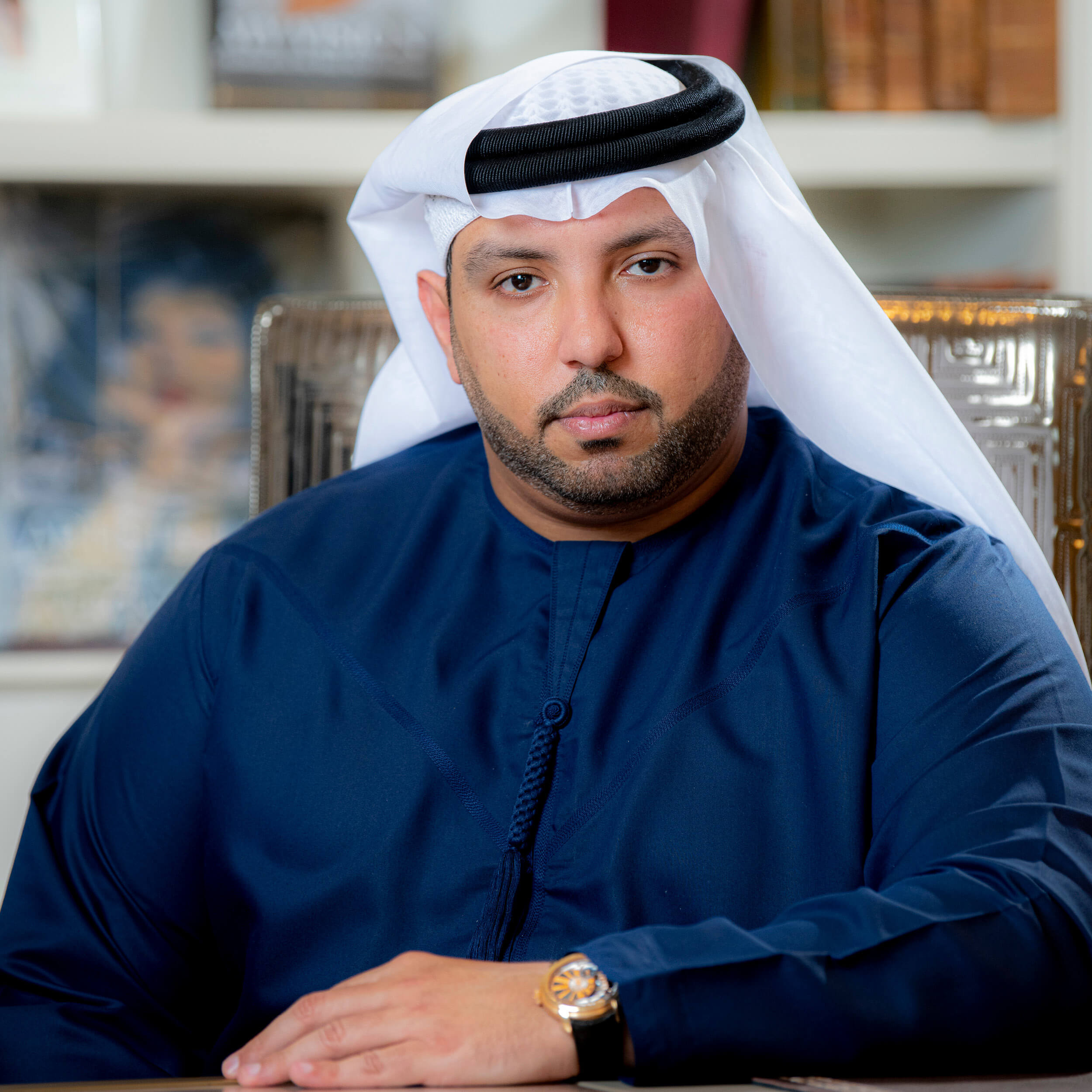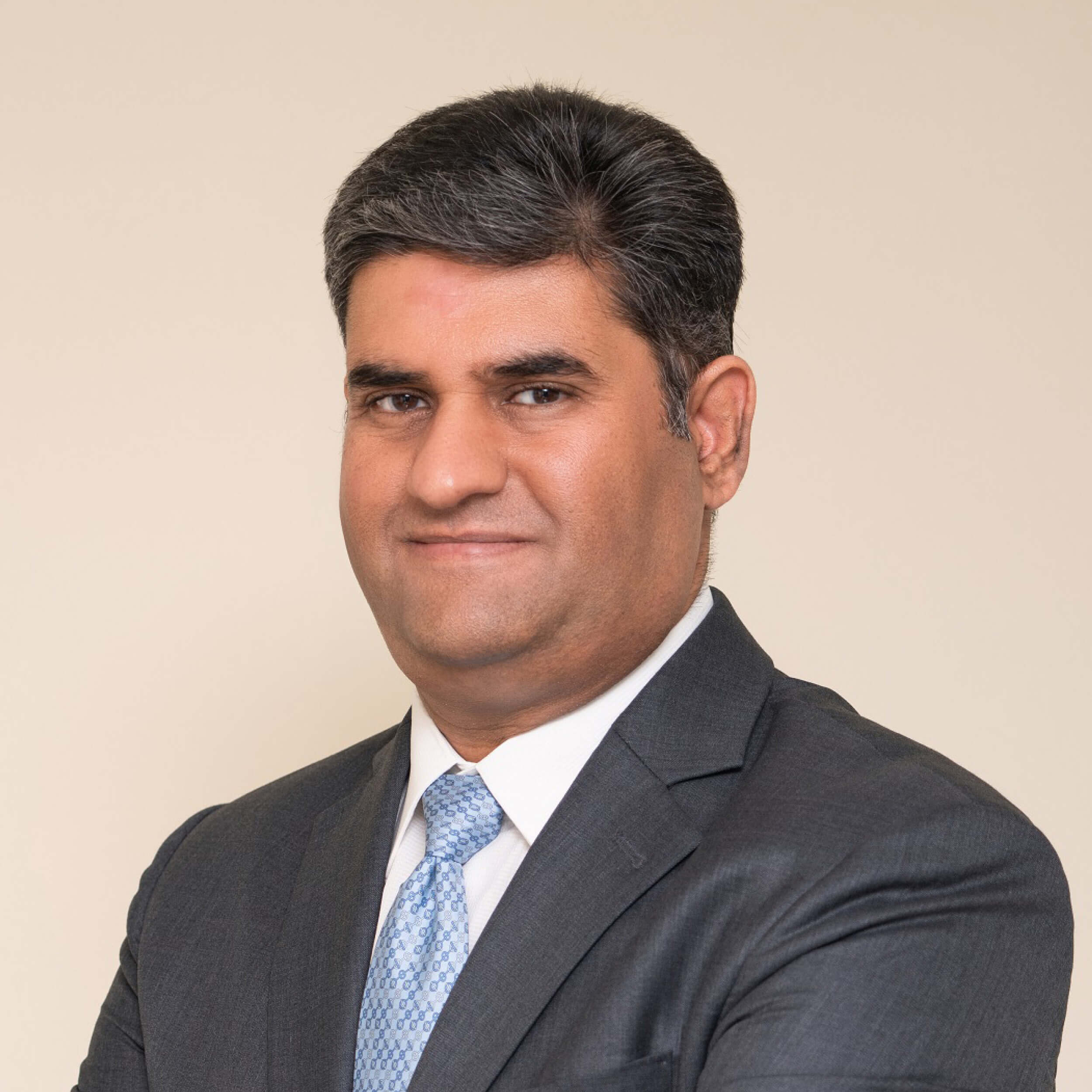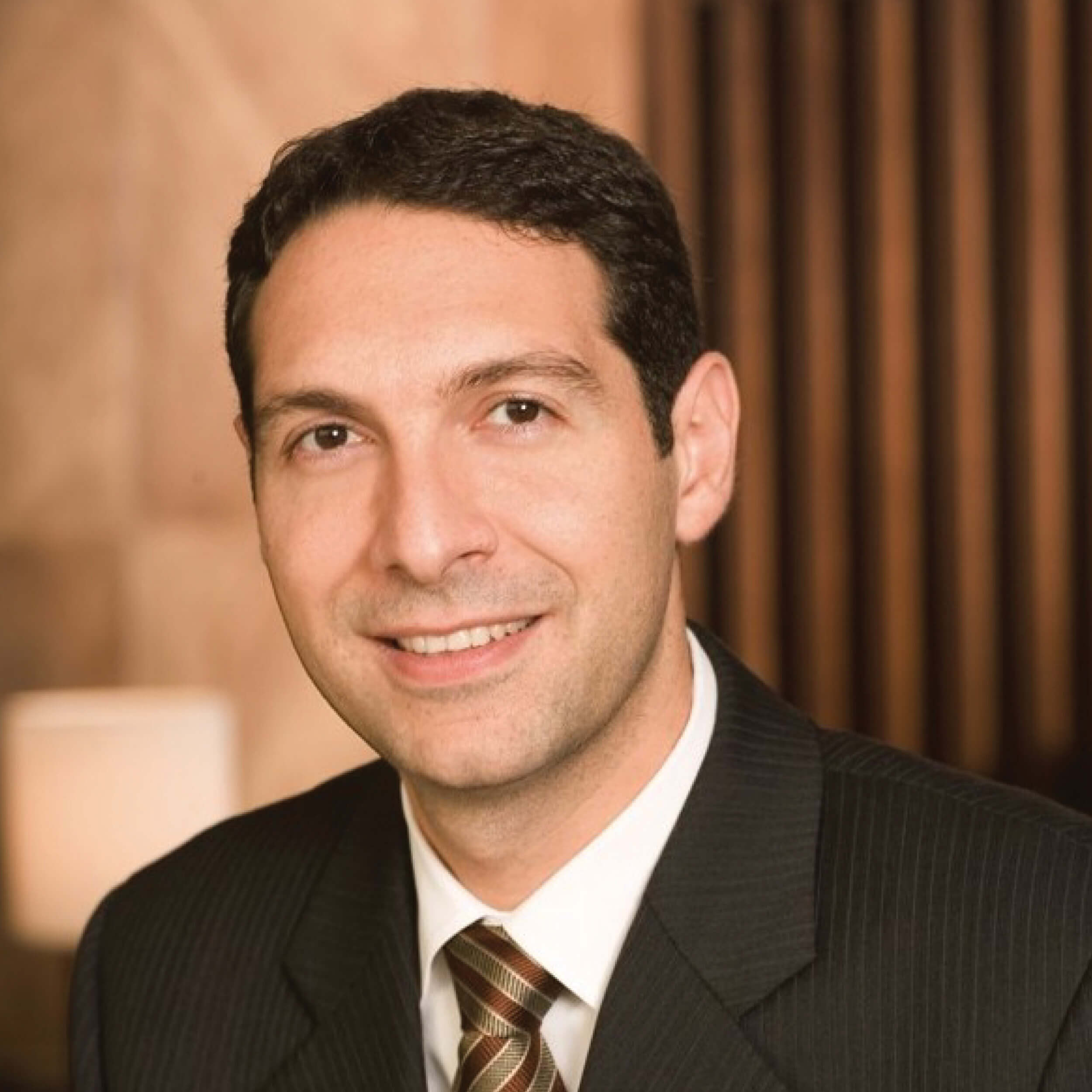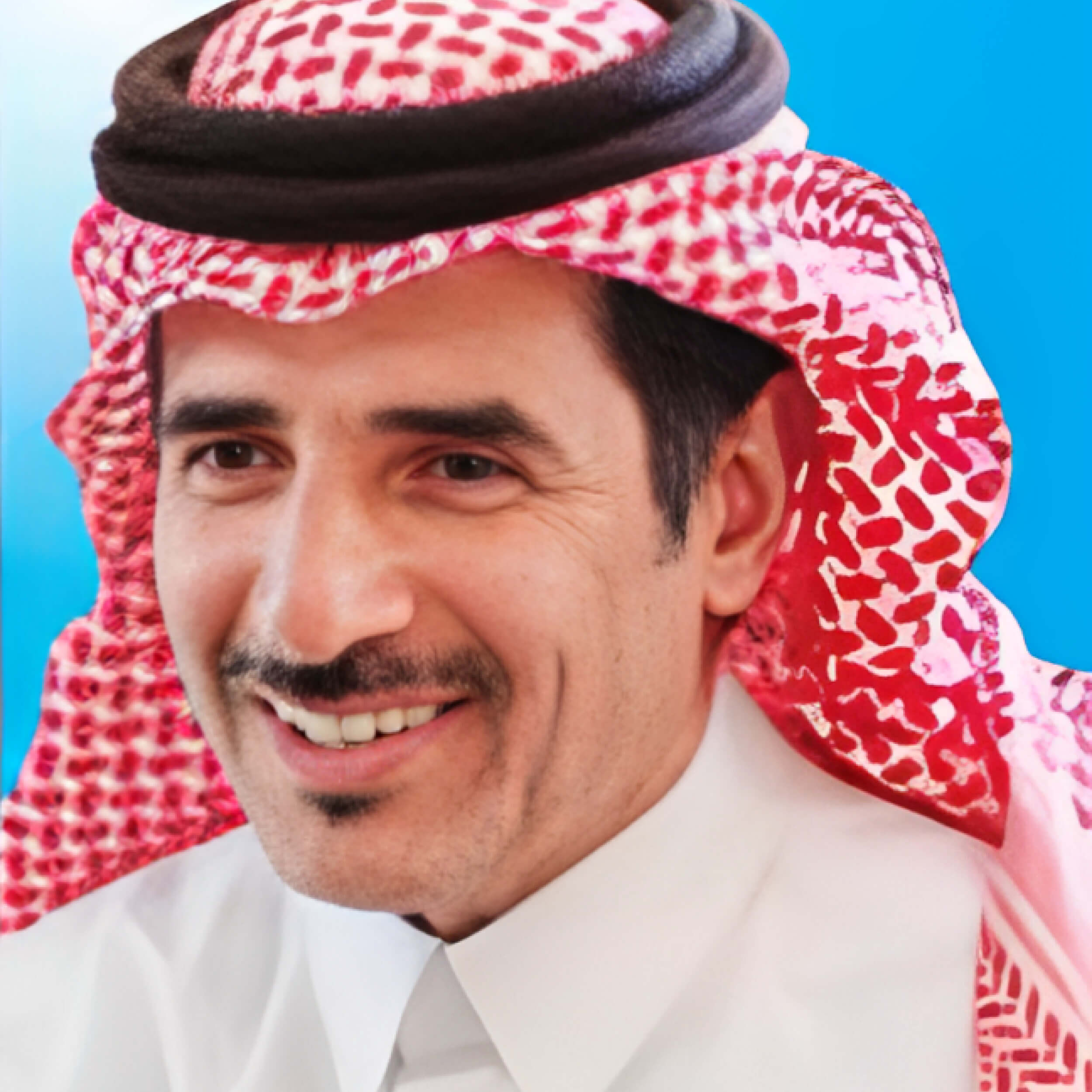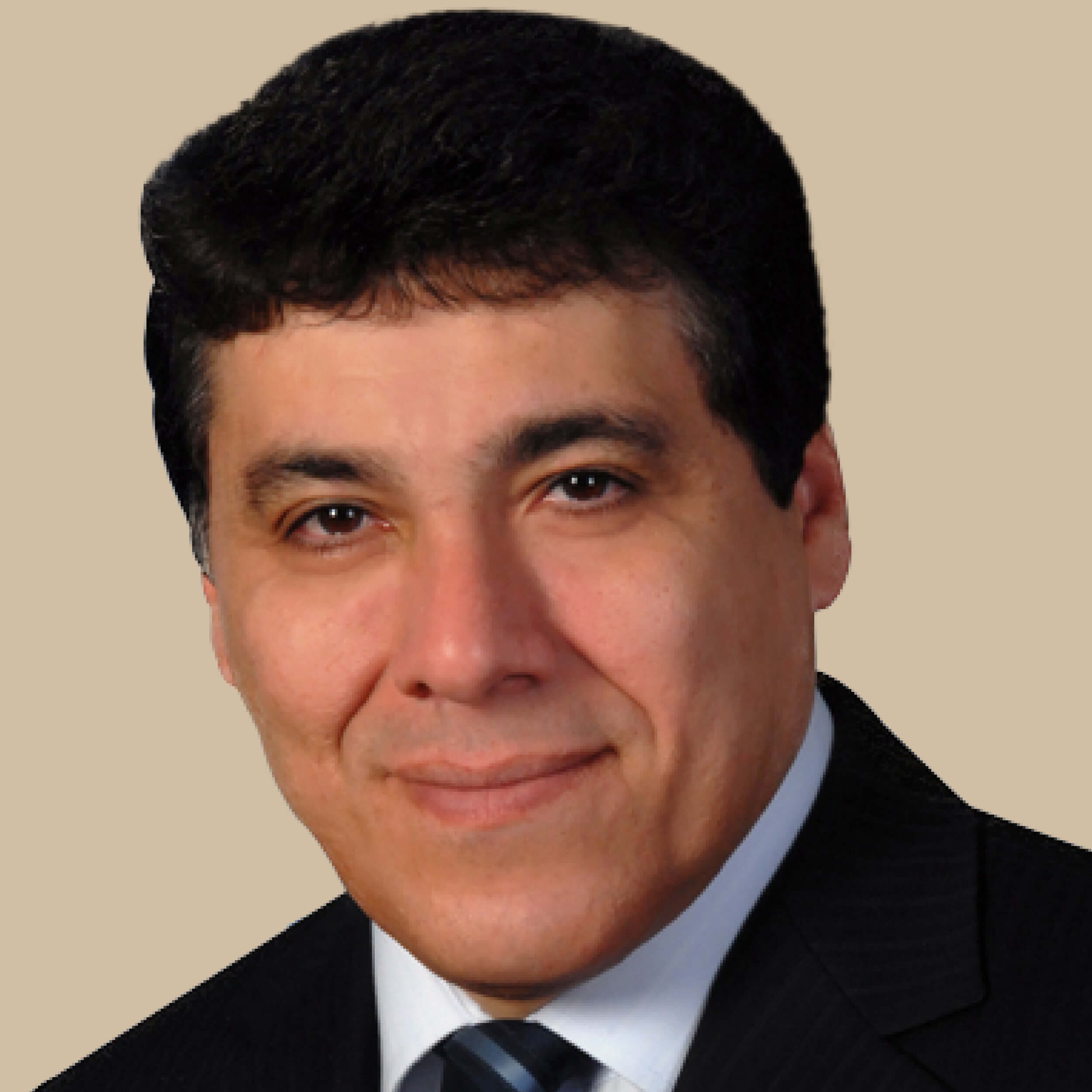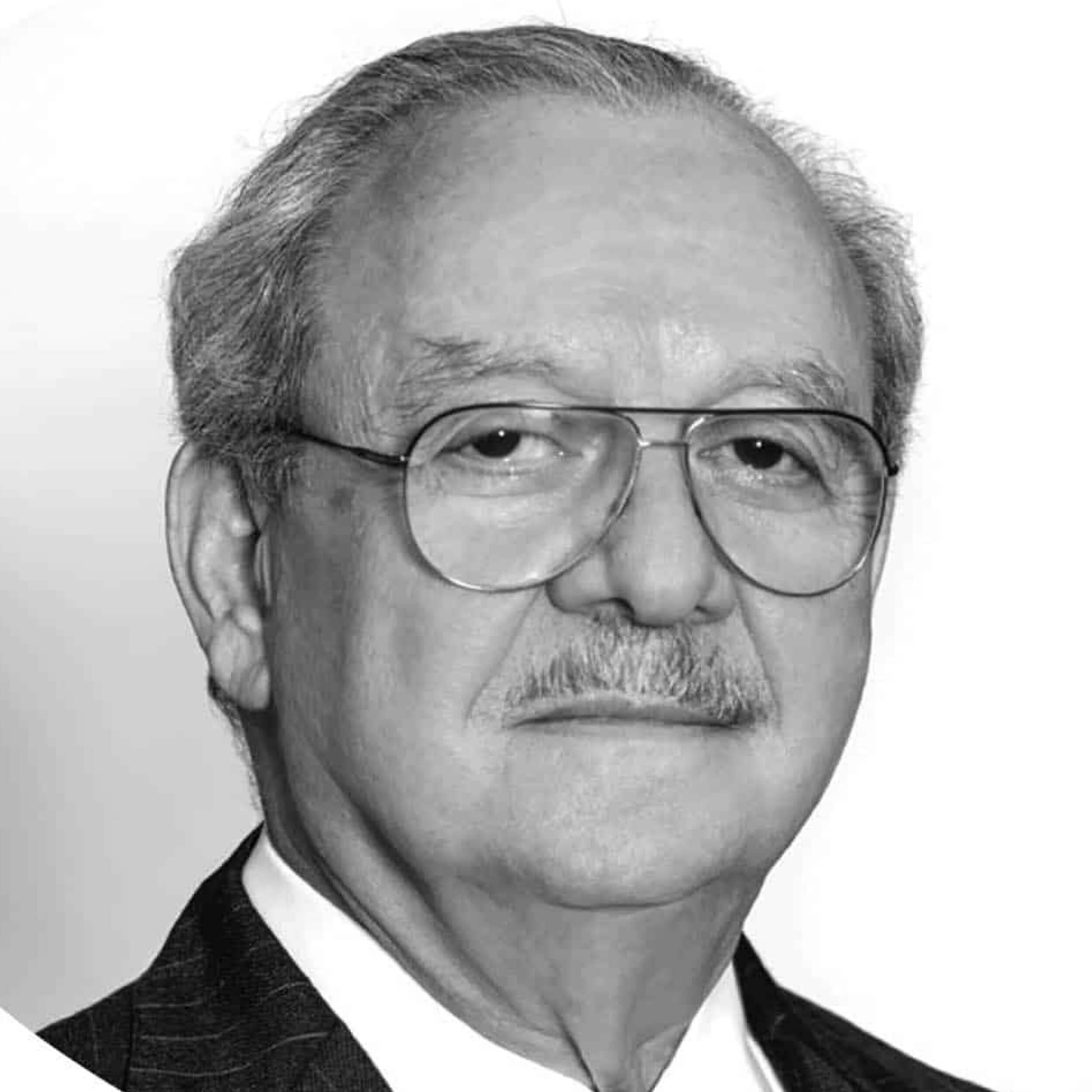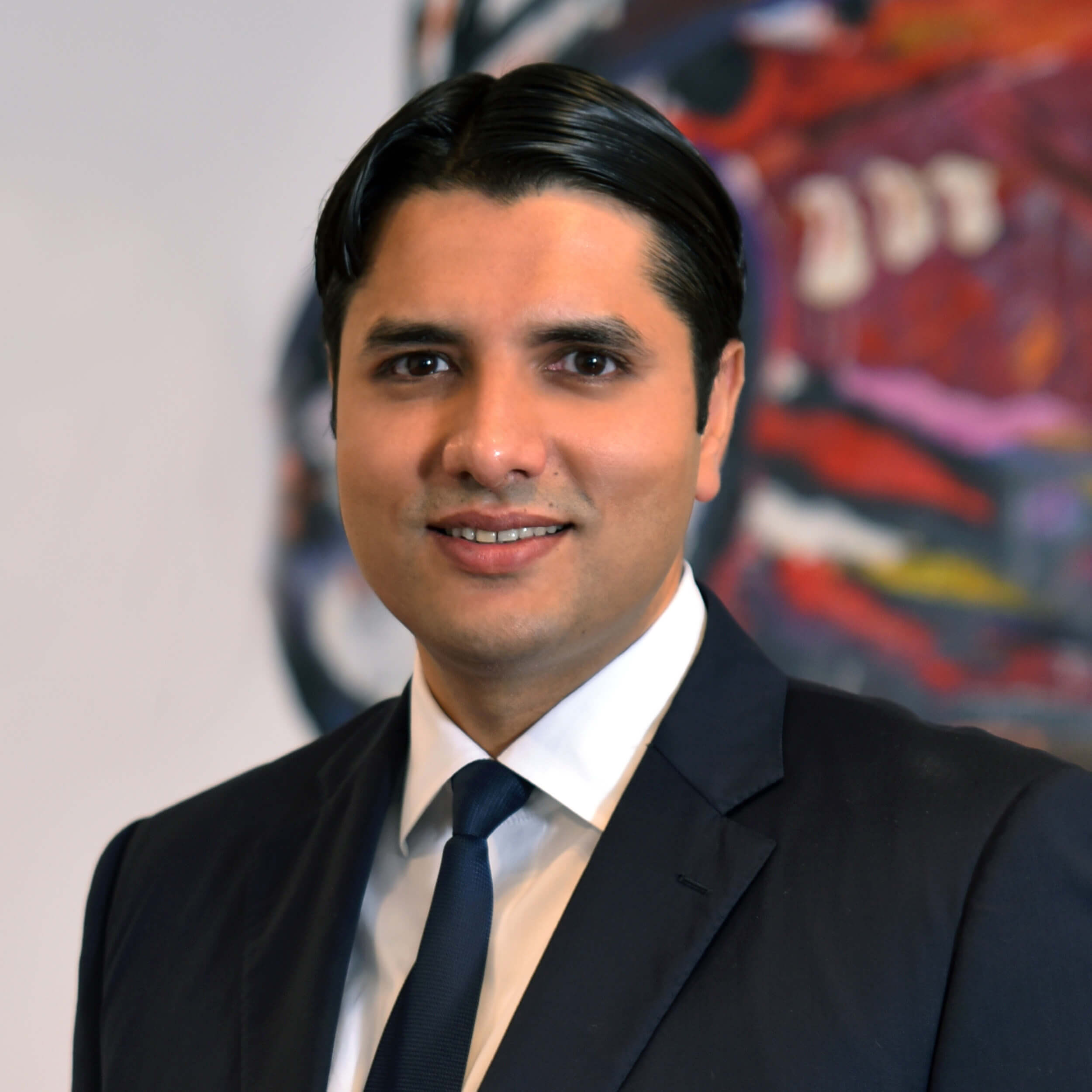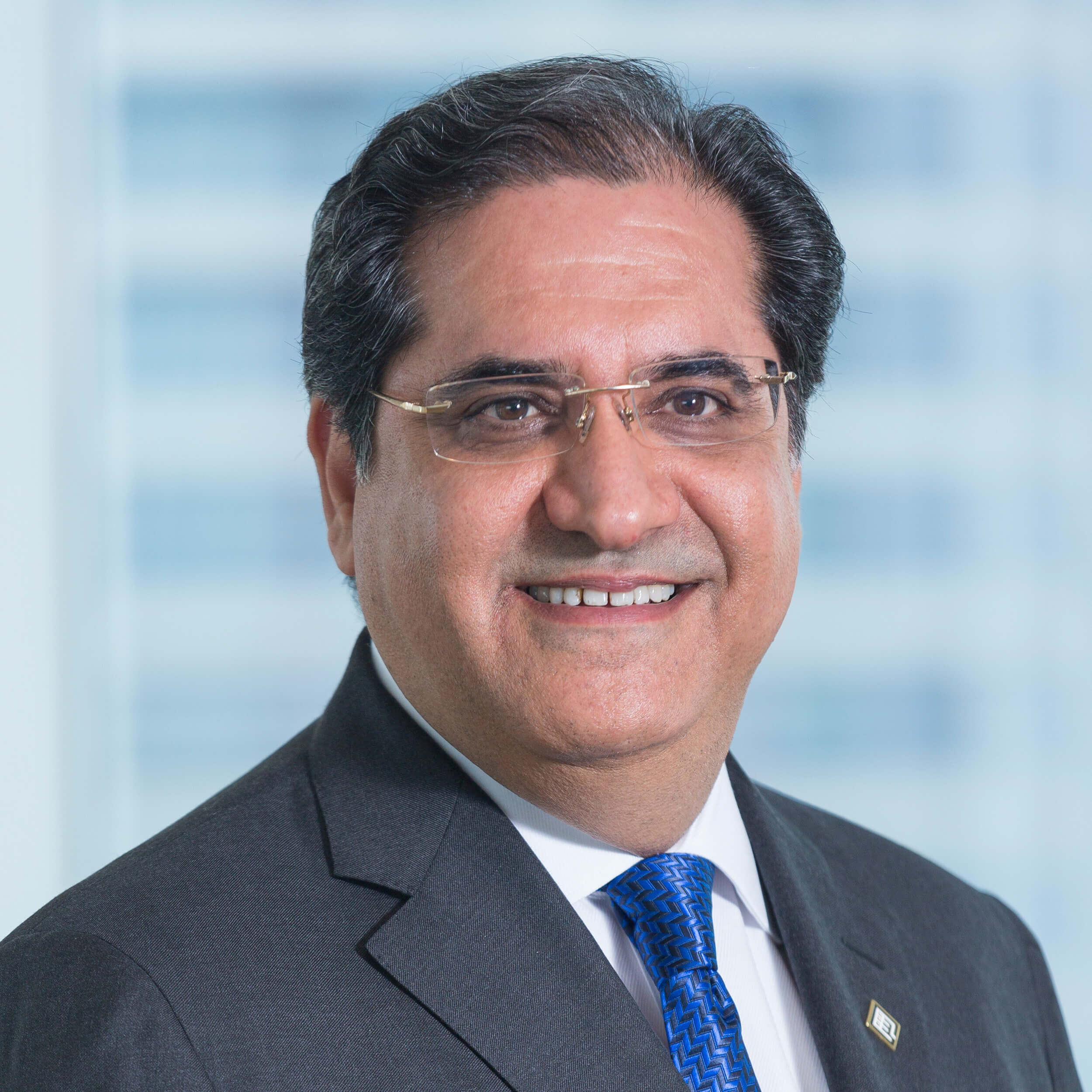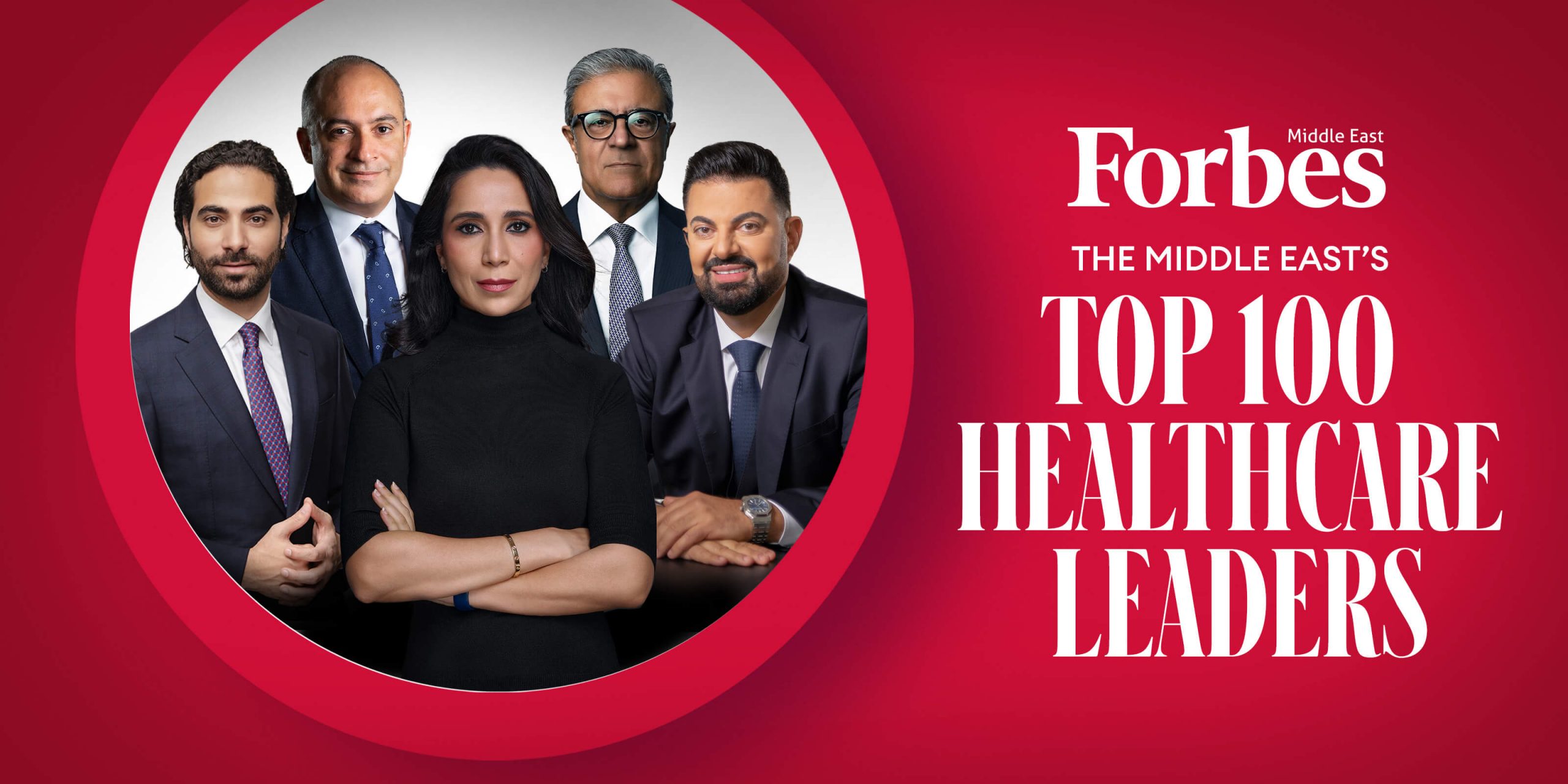THE MIDDLE EAST’S
Top 100 Travel & Tourism
Leaders 2023
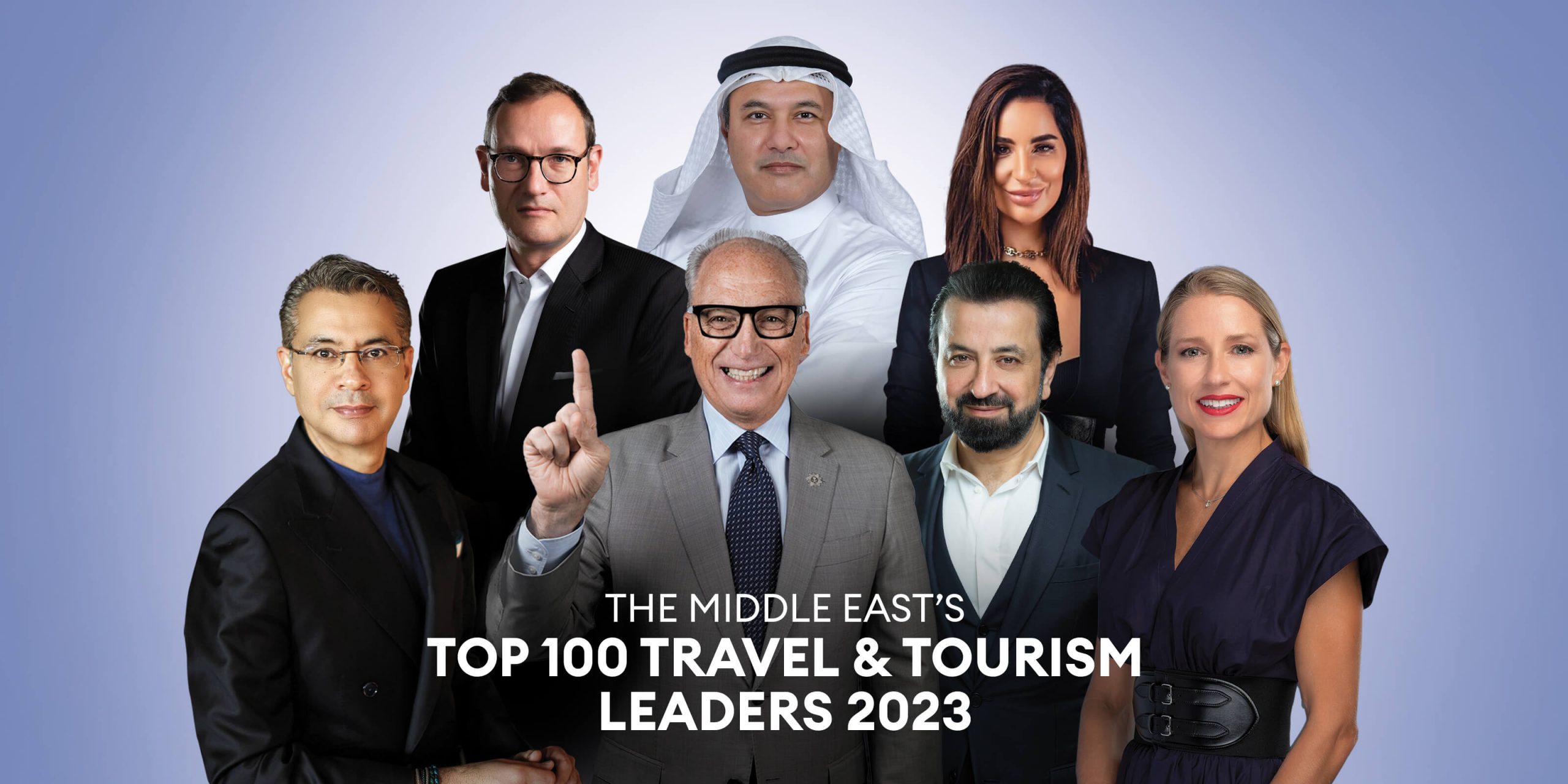

The travel and tourism industry in the Arab world has been a major contributor to the region’s economic growth and development, with the region emerging globally as a world-class destination. Dubai has become a hub for tourism, and in recent years Saudi Arabia, Qatar, Egypt, and Abu Dhabi have invested heavily in the sector.
The region is also becoming an important sporting destination, with the Formula One Grand Prix hosted by Bahrain, the U.A.E., and Saudi Arabia. The U.A.E. also hosts UFC events, and in 2022 Qatar hosted the FIFA World Cup and in 2027 will bring the FIBA Basketball World Cup to the Middle East for the first time.
According to a UNWTO report, the tourism sector globally recovered 63% of pre-pandemic levels in 2022, with the Middle East recovering 83% of its pre-pandemic visitor numbers. The World Travel and Tourism Council expects Saudi Arabia’s travel and tourism market to become the fastest-growing in the Middle East, forecasting it to grow at an average of 11% annually over the next decade. The contribution of travel and tourism to the Middle East’s GDP grew 46.9% in 2022 compared to 2021, at a value of $107 billion, while Middle Eastern airlines witnessed a 157.4% increase in traffic in 2022 compared to 2021, with capacity surging by 73.8%, according to IATA.
In our 2023 list of the most influential leaders in the region’s travel and tourism industry, hospitality companies and hotels and resorts dominate with 59 entries, followed by aviation (airlines and airports) with 31 entries. This year, there are also eight entries from tourism authorities. Leaders from over 33 nationalities feature on the list, with Emiratis leading with 16 entries, followed by 12 Saudis, and 10 British nationals.
Top 100 Travel & Tourism
Leaders 2023
Methodology
For this ranking, we included leaders that span the entire travel ecosystem, including aviation, hotels, destinations, and tourism development authorities. All individuals had to be based in the Middle East.
We ranked entries based on the following:
• Size of the business, including the number of hotels, rooms, passengers, and visitors, revenues, values of investments and assets, fleet size, etc.
• Ownership of assets.
• Designation of the business leader.
• Experience of the business leader.
• Degree of influence of the business leader.
• Other achievements of the business leader.
Methodology
For this ranking, we included leaders that span the entire travel ecosystem, including aviation, hotels, destinations, and tourism development authorities. All individuals had to be based in the Middle East.
We ranked entries based on the following:
• Size of the business, including the number of hotels, rooms, passengers, and visitors, revenues, values of investments and assets, fleet size, etc.
• Ownership of assets.
• Designation of the business leader.
• Experience of the business leader.
• Degree of influence of the business leader.
• Other achievements of the business leader.





